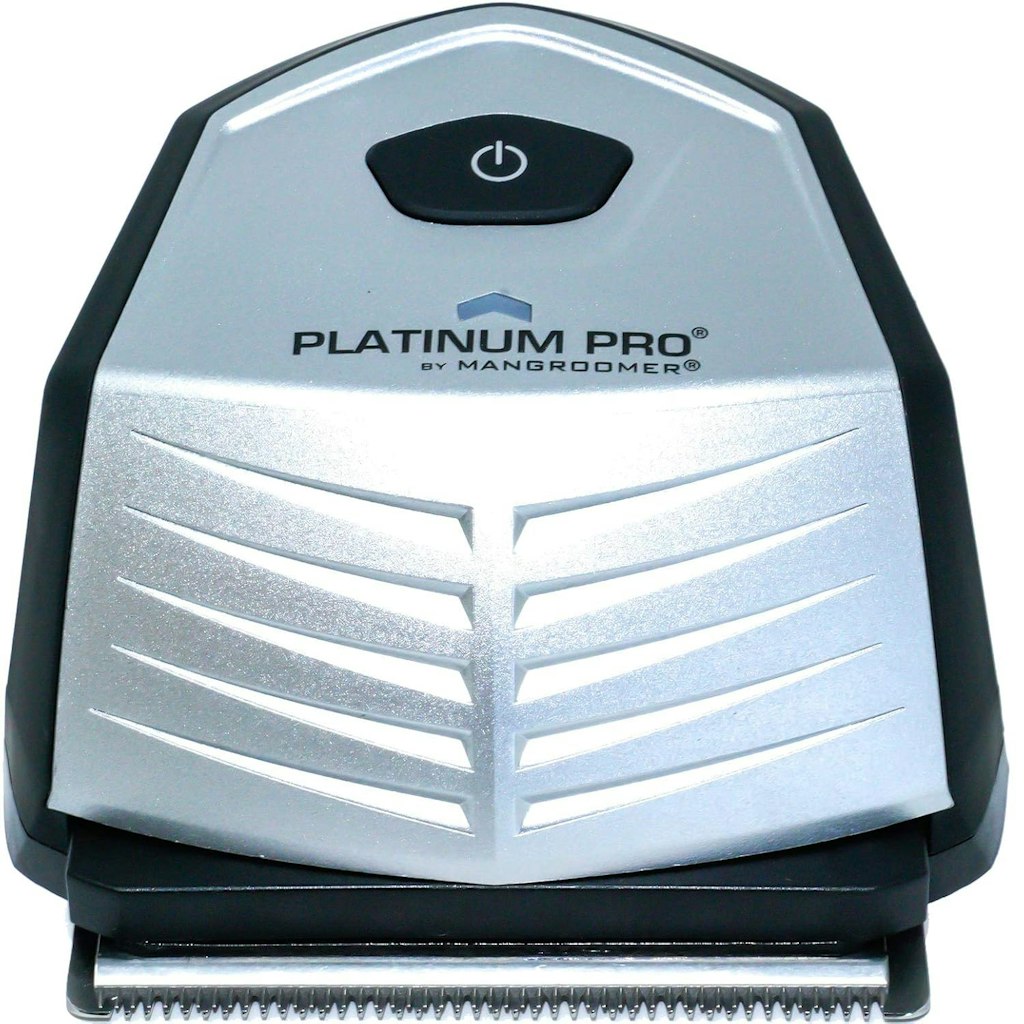
That's Amazon's lowest price in 30 days and the best we found by at least $8. Buy Now at Amazon
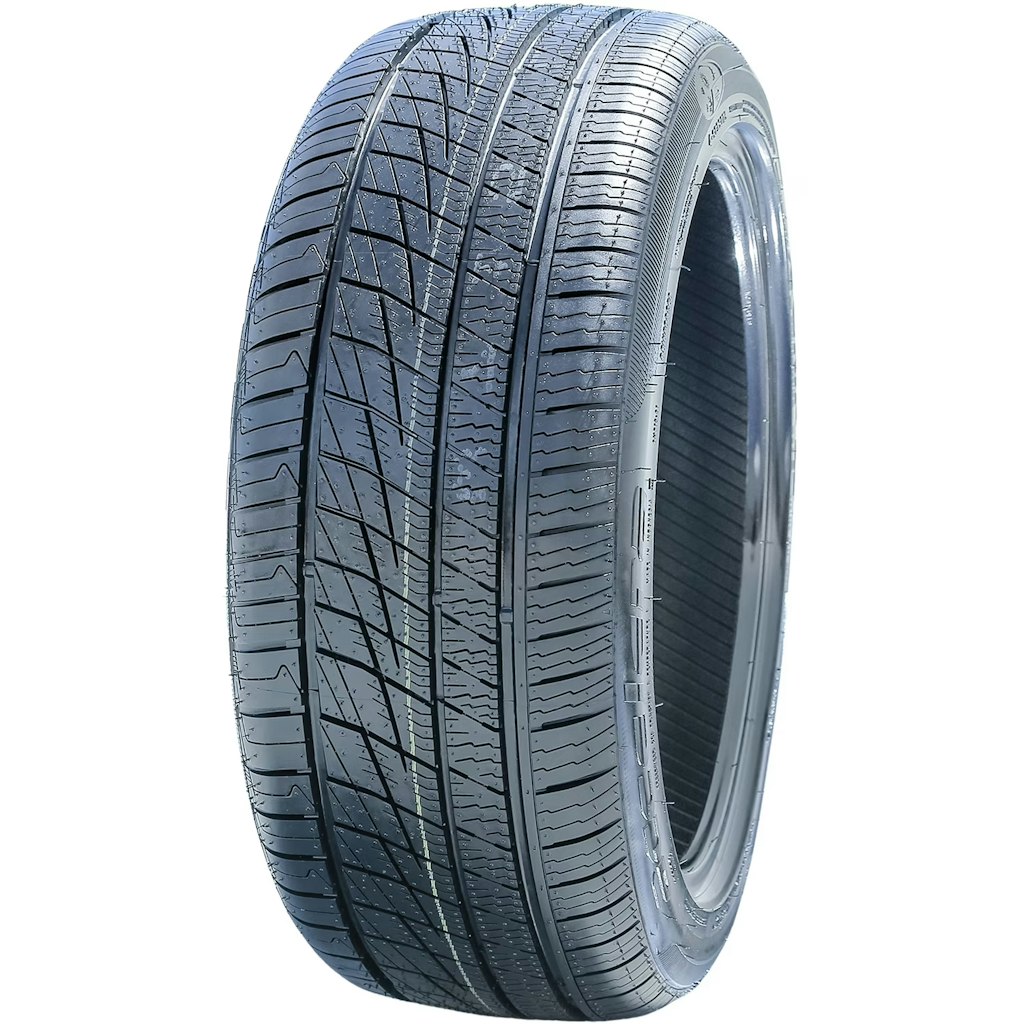
Shop Rollbacks on brands like Goodyear, Bridgestone, Yokohama, Dunlop, Continental, Cooper, Hankook, and more. We've pictured the Accelera X Grip 4S 205/55R16 94V XL Performance All Weather Tire for $56 ($13 off). Buy Now at Walmart
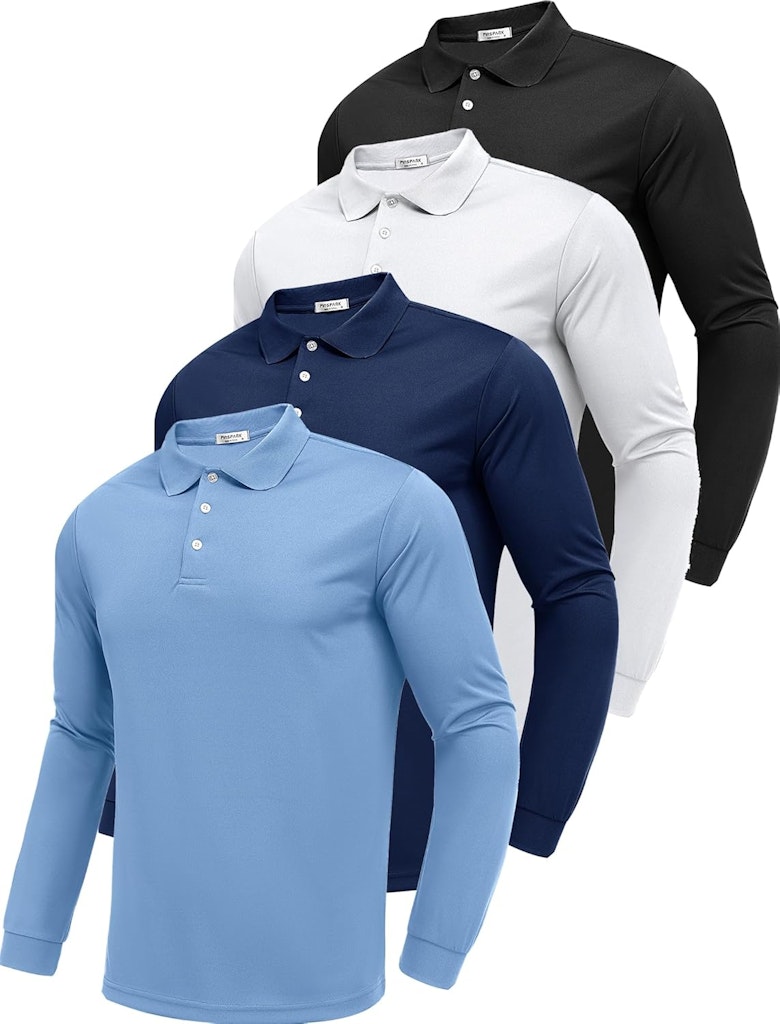
Apply coupon code "TNGZ3WF2" for a savings of $19. Buy Now at Amazon
- Lightweight and breathable fabric
- 100% polyester, quick-dry material
- Provides UPF 50+ sun protection
- Suitable for various outdoor activities
- Wrinkle and fade-resistant design
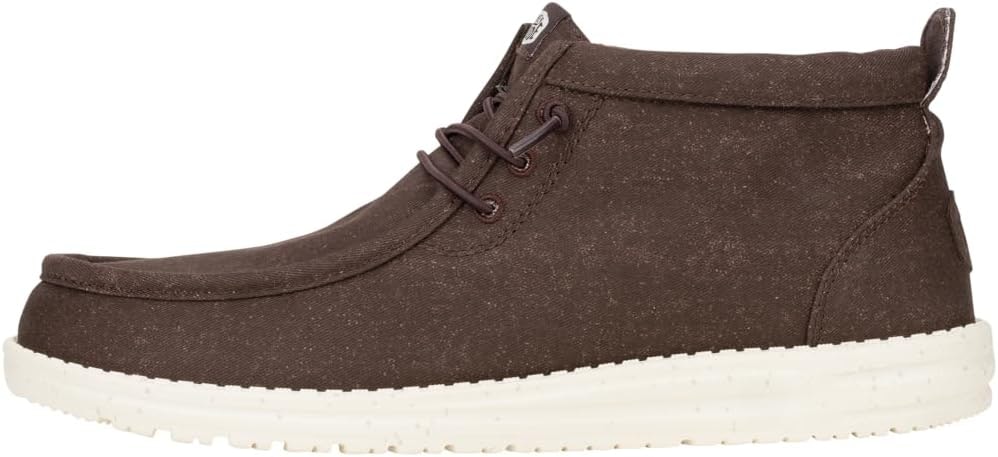
That's up to $26 less than other sellers charge. We found it at the lowest price in Mole Brown, size 11. Buy Now at Amazon
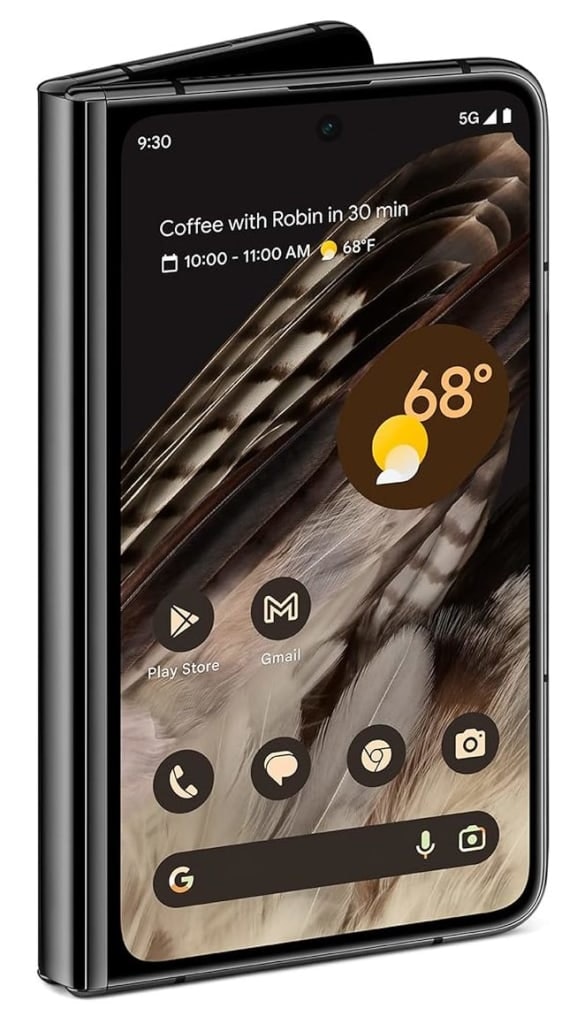
'Tis the lowest price we've seen for it yet. Buy Now at Woot! An Amazon Company
- Google Tensor G2 chipset
- split screen multitasking
- compatible with most major carriers
- IPX8 water resistant
- 12GB RAM; 256GB storage
- Android 13.0
- Model: G9FPL
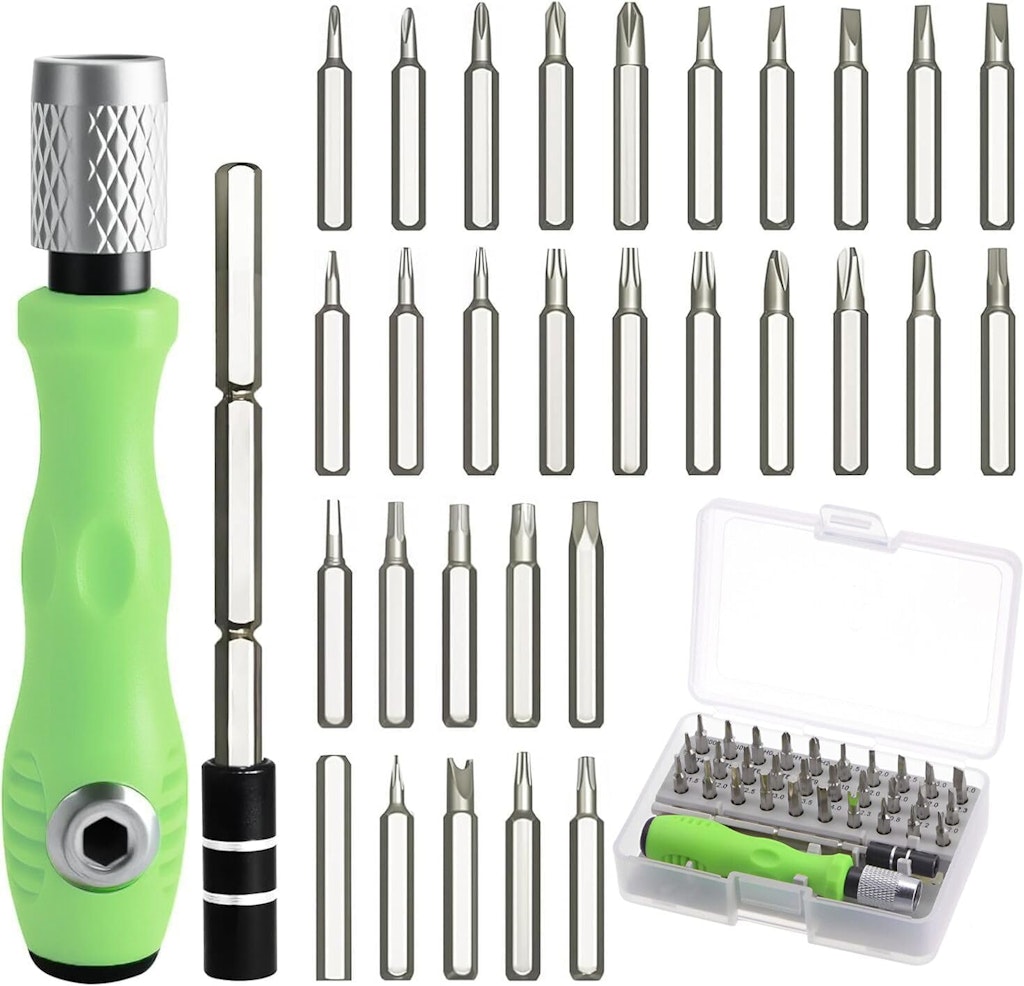
It's a great deal for a 32-in-1 Precision Screwdriver Set. Most stores charge at least $2 more for similar sets. Shipping is free on Amazon Haul orders of $25 or more. Buy Now at Amazon
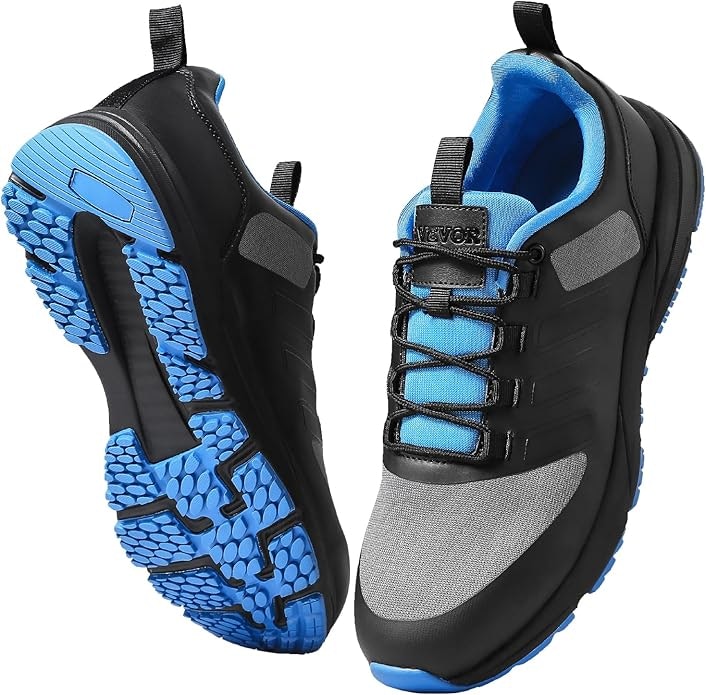
Prices start at $26 elsewhere. Size 10 in Black is the lowest price. Buy Now at Amazon
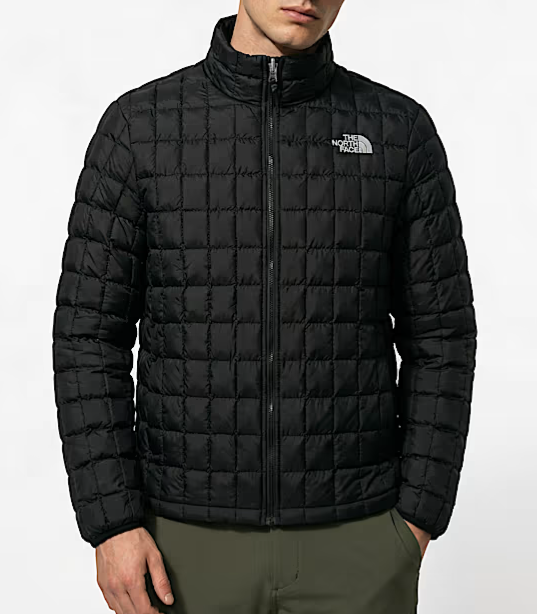
That's a $95 off savings. Buy Now at The North Face
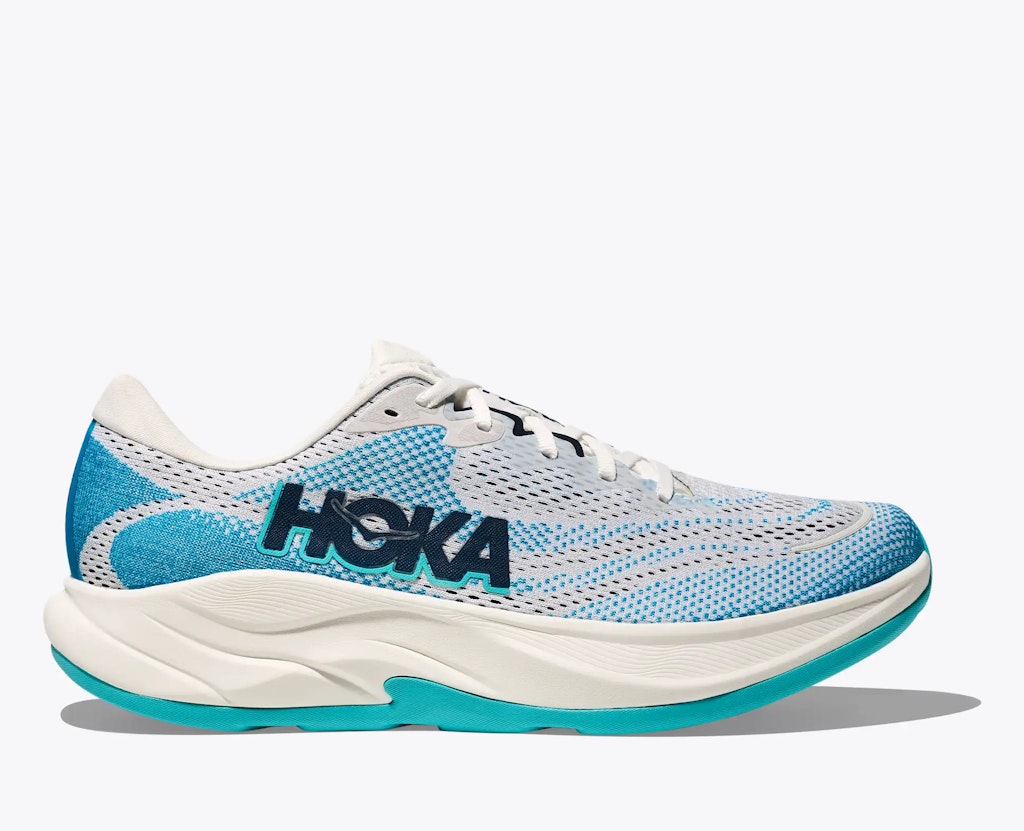
You'd pay $110 elsewhere. Buy Now at Hoka
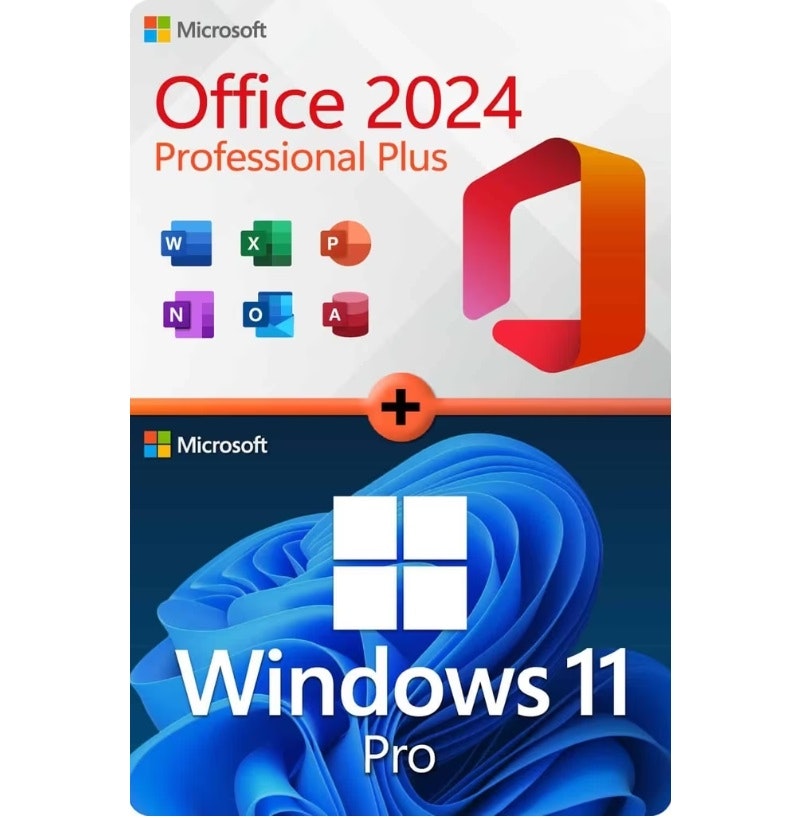
Keys4Us offers the Office 2024 + Windows 11 Pro Bundle for $9.43, reduced from $94.39.
Buy Now at KEYSFORUS
- Office 2024 Pro Plus includes Word, Excel, PowerPoint, Outlook, Access, OneNote, and Skype
- Lifetime licenses
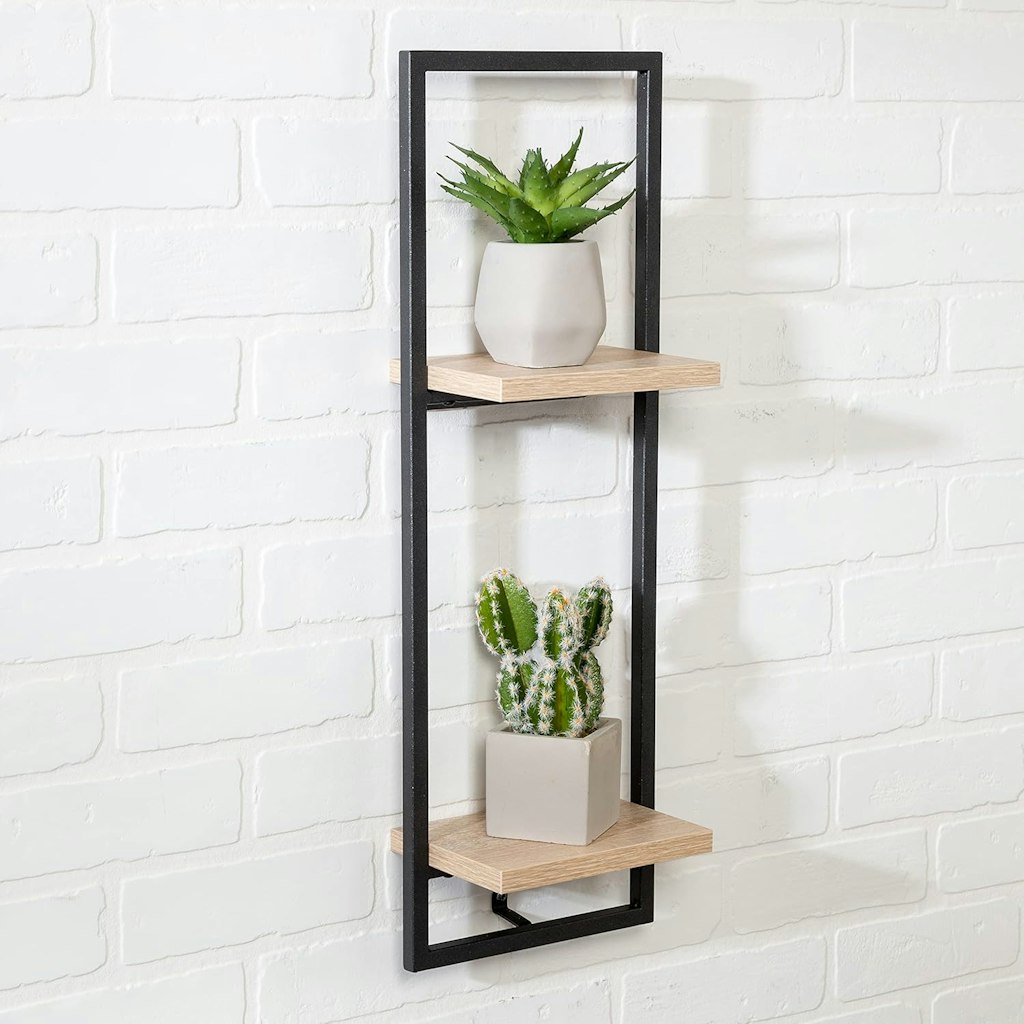
It's the lowest price we've ever seen. Buy Now at Amazon
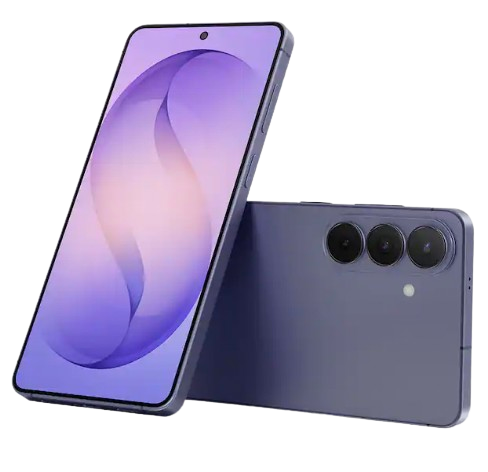
Preorders for the Samsung Galaxy S26+ went live yesterday, and Best Buy is selling the 512GB version for the same price as the 256GB model ($1,100). If you trade in an old device, you save up to another $700 on the order, too. You'd pay $1,300 for this S26+ phone at Samsung, so this is a strong offer for an unlocked model. The phone will be released on March 11. Buy Now at Best Buy
- 6.7" QHD+ Dynamic AMOLED 2x display
- Snapdragon 8 Elite Gen 5 processor
- 4,900mAh battery
- Triple camera array with a 50MP main sensor, 12 MP ultrawide lens, and 10MP telephoto lens; 12MP front camera
- Galaxy AI features
- IP68 water and dust resistance
- fingerprint sensor
- Model: S26+
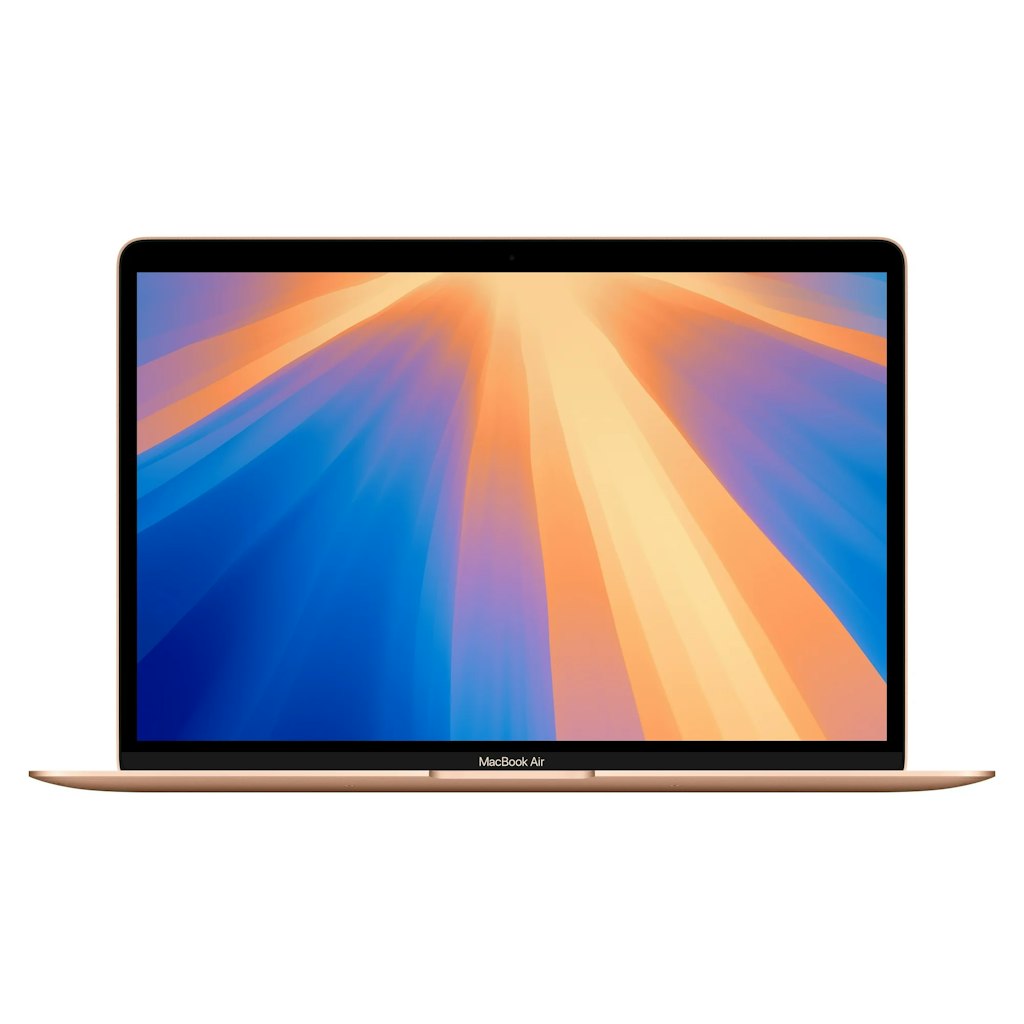
It's new, but doesn't ship in a factory-sealed box. It's $410 off original list and one of the lowest prices we've seen for it in any condition. Buy Now at Walmart
- Apple M1 8-Core CPU
- 13.3" 2560x1600 Retina display
- 8GB RAM & 256GB SSD
- macOS Big Sur 11.0
- Model: MGND3LL/A
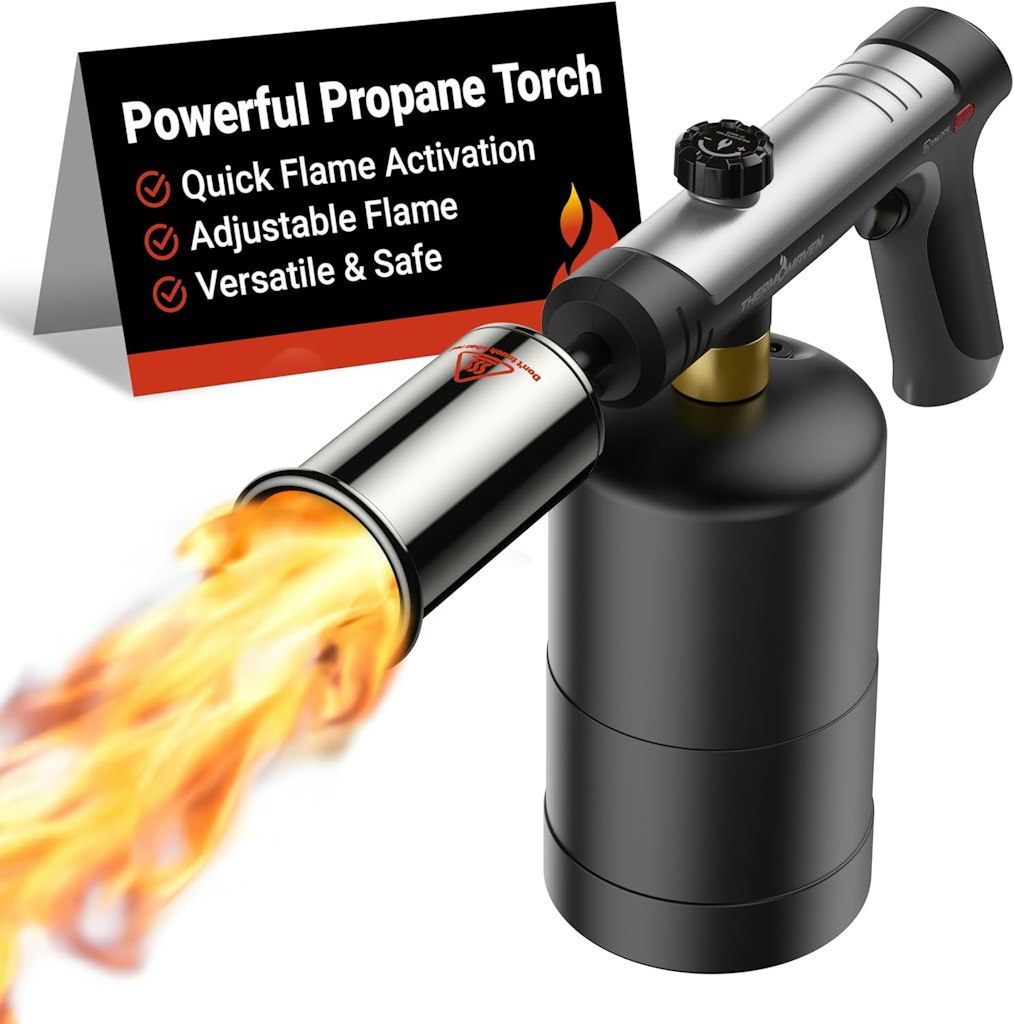
Apply coupon code "BH4MNX6J" for a total savings of $56. Buy Now at Amazon
- safety lock
- Model: PT03
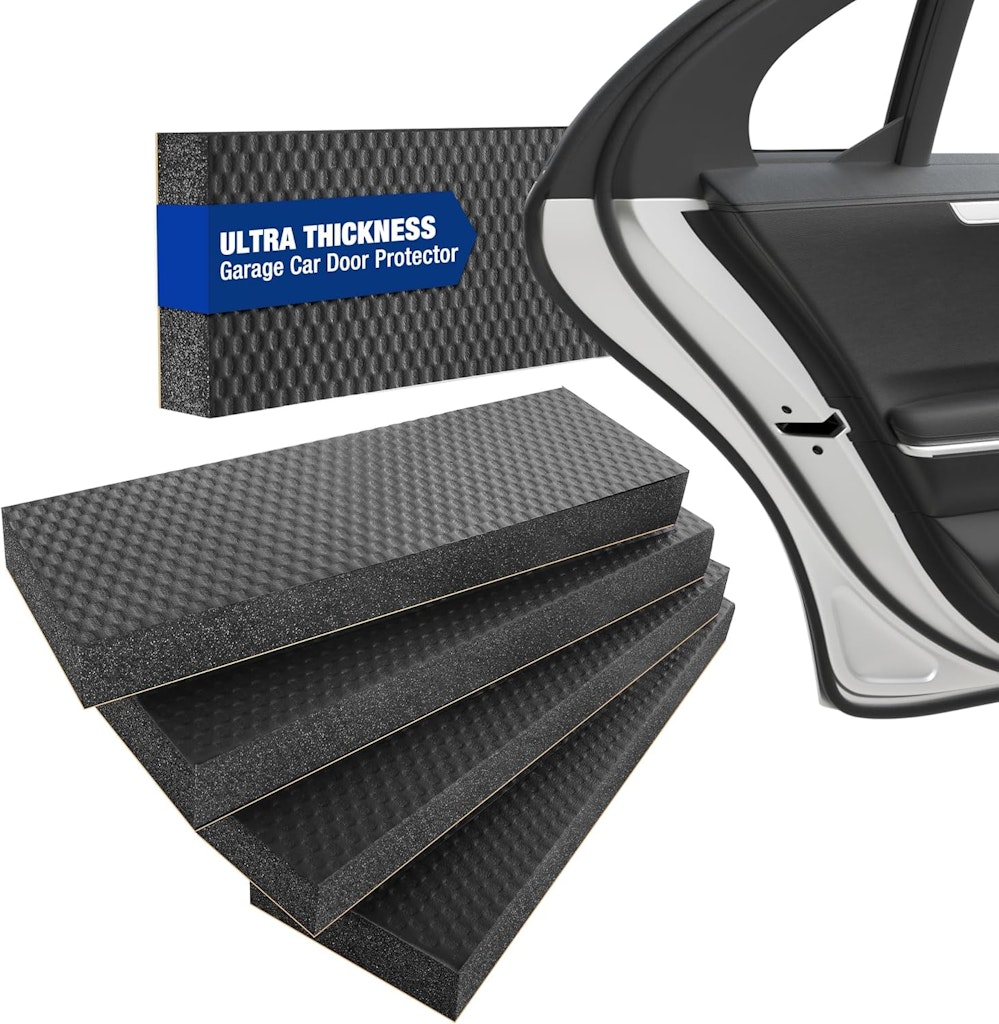
That's a $5 low. Buy Now at Amazon
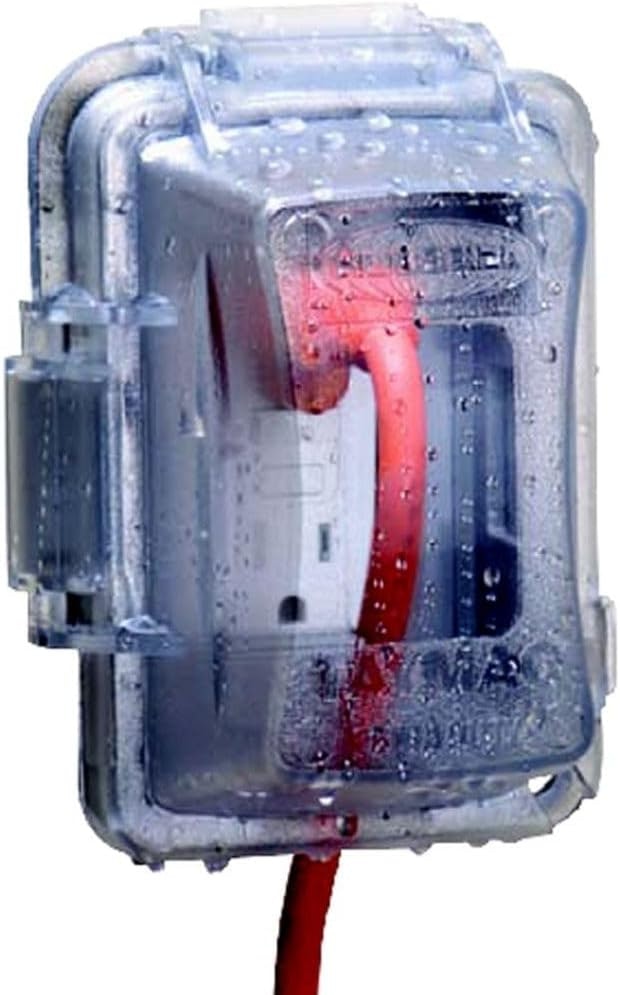
It's $5 off and the lowestp price we could find. Buy Now at Amazon
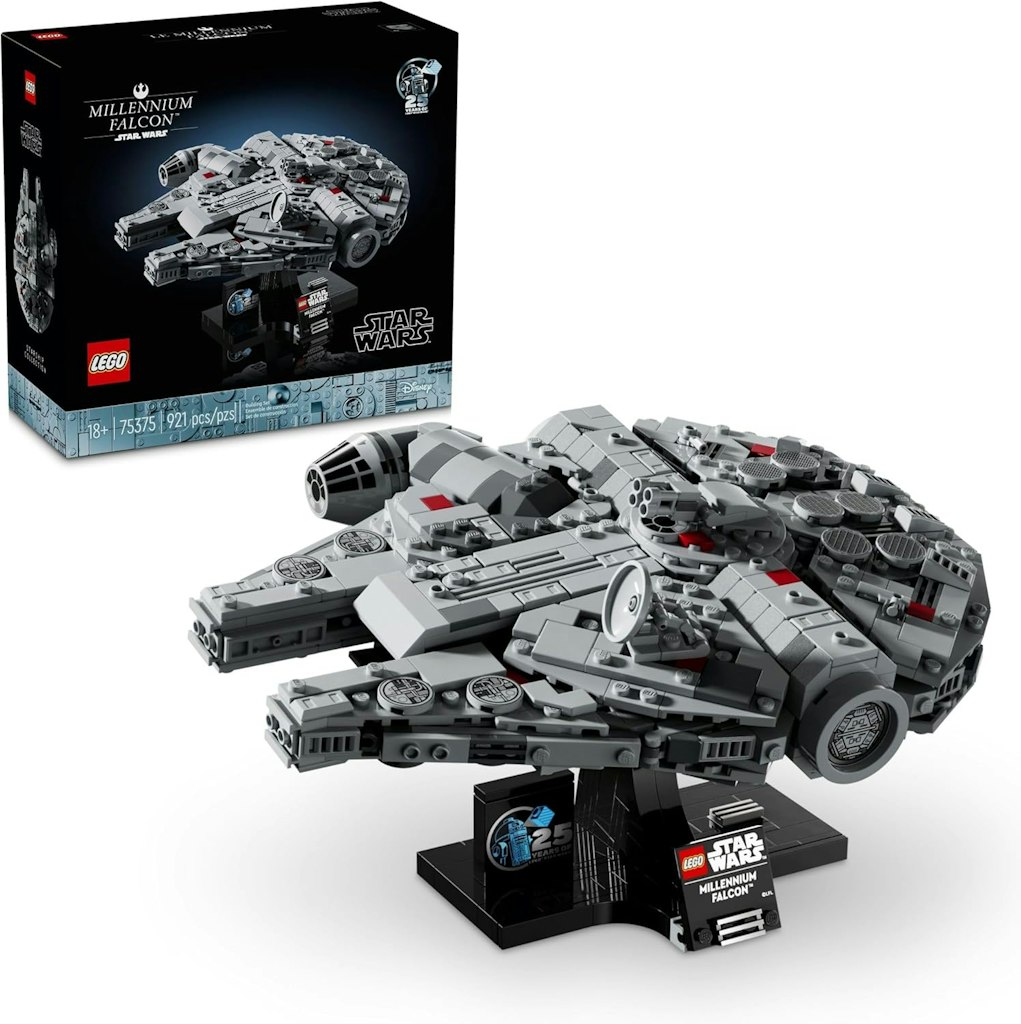
It's $17 off and the lowest price we could find. It's also back at the lowest price we've seen. Buy Now at Amazon
- 921 pieces
- will have display stand after being built
- Model: 75375
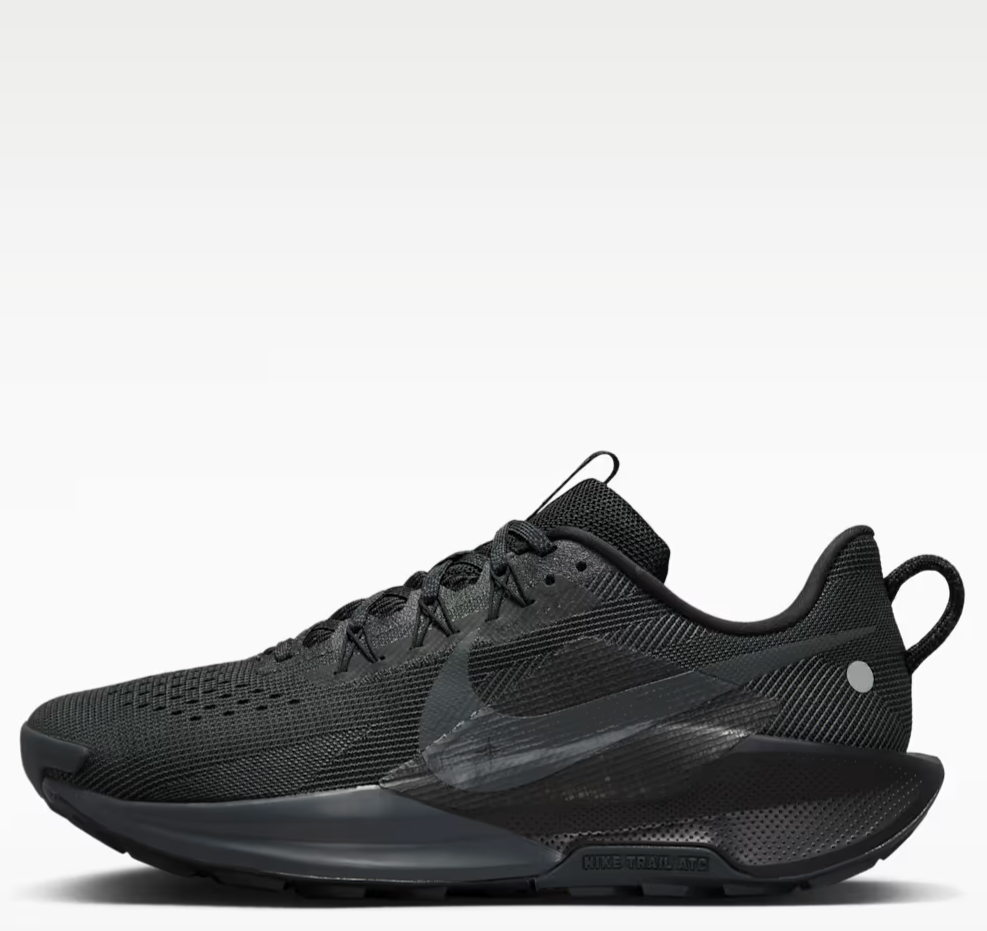
Use promo code "GEARUP" to get this price and beat what other stores charge by $63. Buy Now at Nike
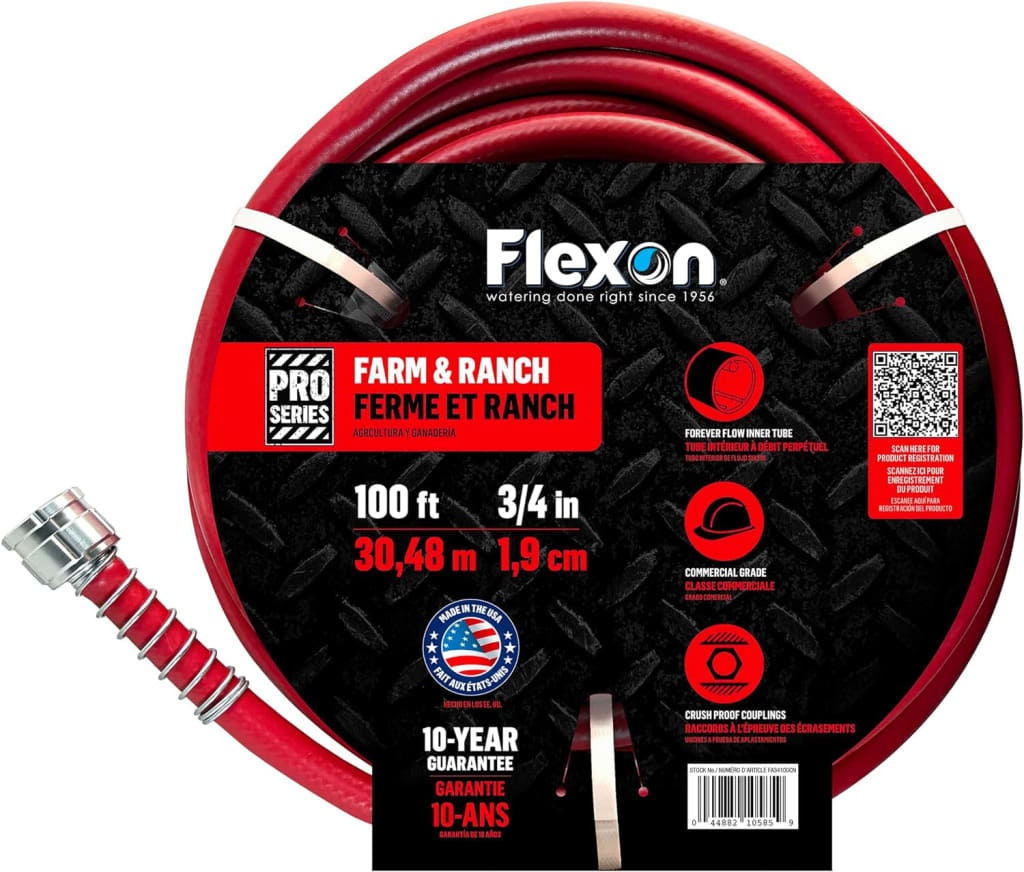
That ties the lowest price we've seen, and it's within a buck of the best-ever Amazon price. Buy Now at Amazon
- Commercial Grade rubber/vinyl hose
- Forever flow inner tube
- Crush-proof couplings
- Spring hose collar reduces kinking at the spigot
- Model: FA58100CN
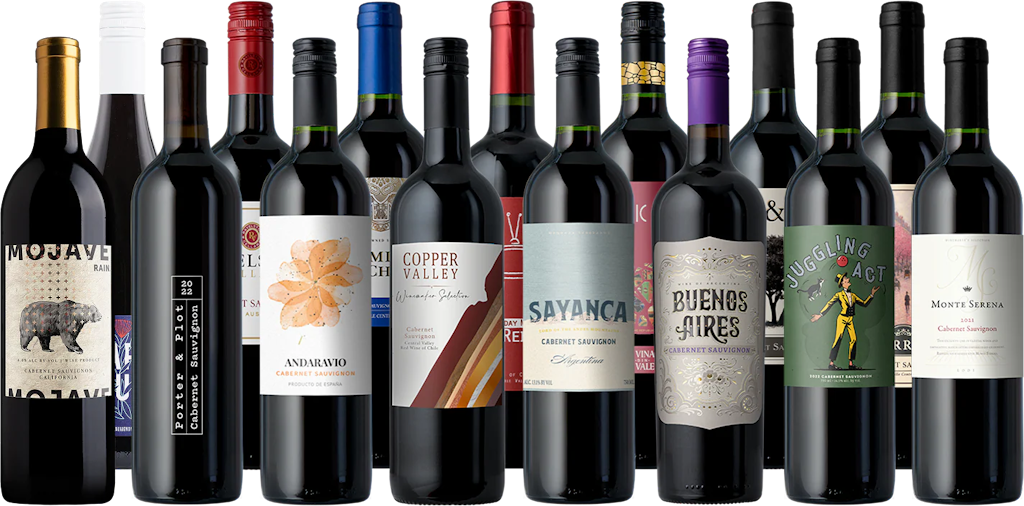
That's $6 per bottle for this curated collection of cabs, including wines from California, Australia, Argentina, Chile, and more. Buy Now at Splash Wines
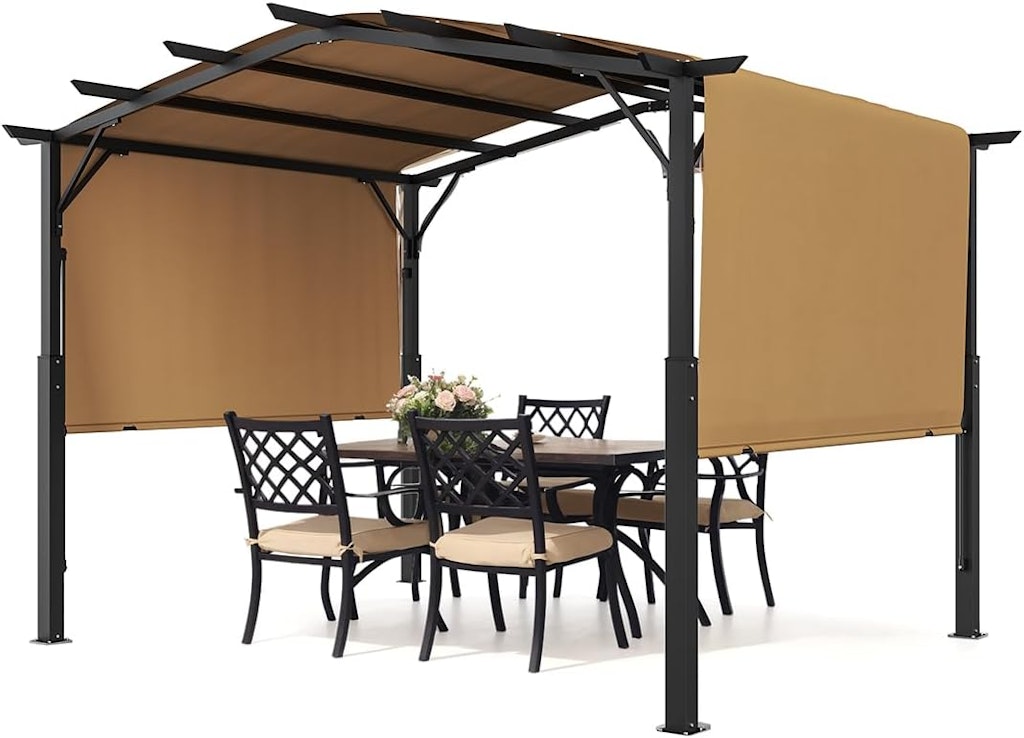
That's a $38 low and its best-ever price. Buy Now at Amazon

Use promo code "LEVEL20" to get this price. It's the best deal we could find by $76. Buy Now at Woot! An Amazon Company
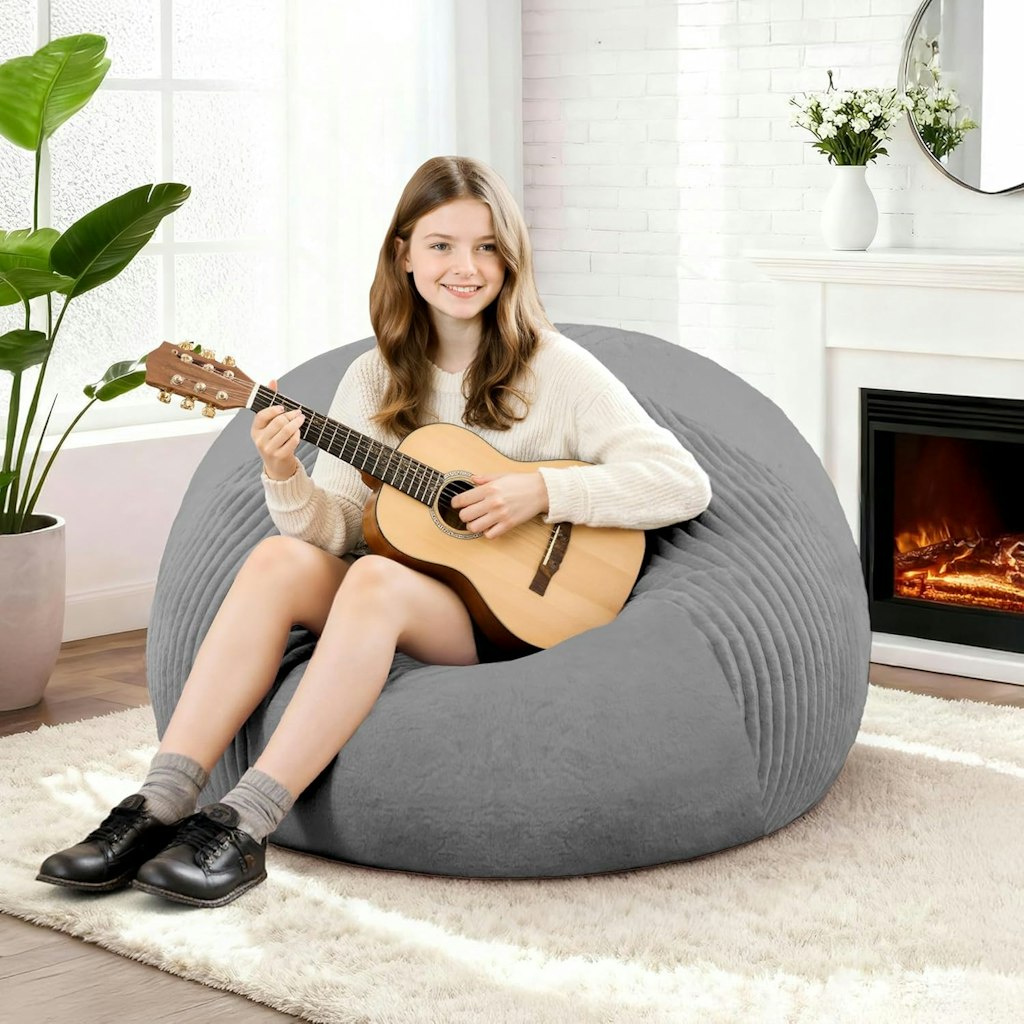
Apply coupon code "CXXDGO4K" for a savings of $25. Buy Now at Amazon
- Memory foam filling
- Machine washable cover
- Pet-friendly faux fur
- Sturdy carrying handles
- Teardrop shape
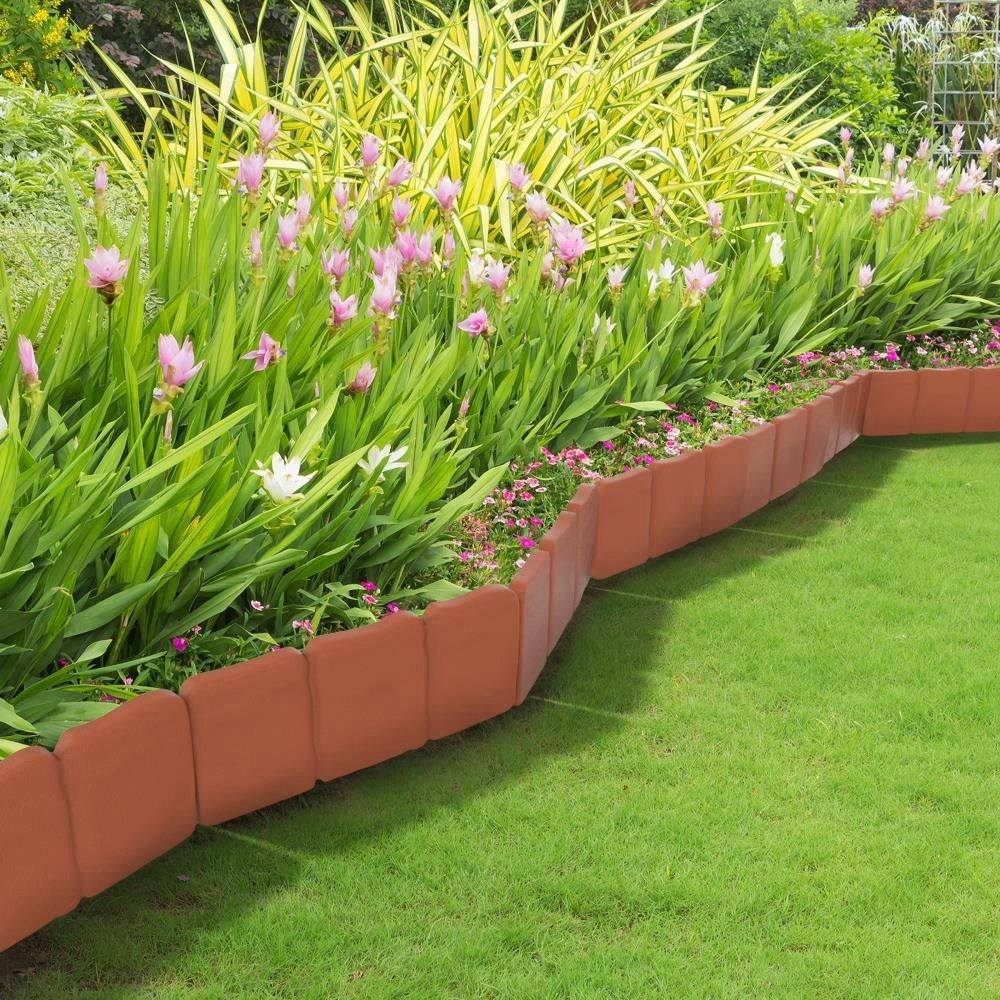
That's $4 off and a nice deal on this handy kit, just in time for Spring too. Buy Now at Lowe's
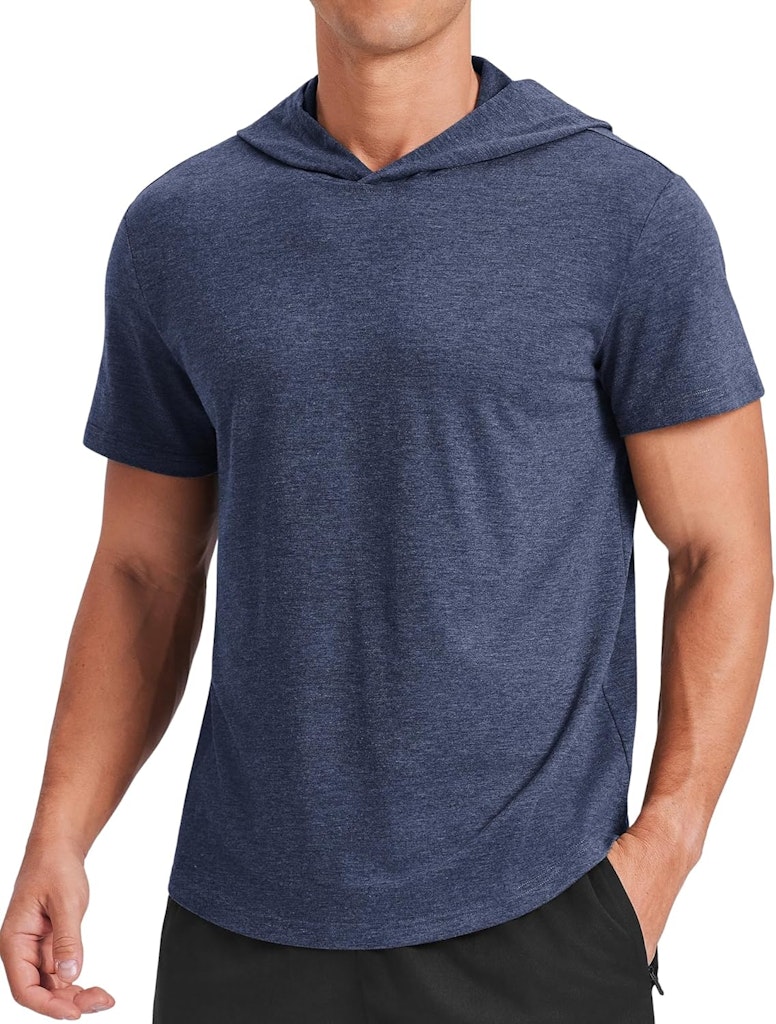
Clip the $1.50 off coupon on the page and apply code "I7O5UTI6" for a savings of $18. Buy Now at Amazon
- Quick-dry moisture-wicking fabric
- Lightweight and breathable design
- Sun-protective hood with elastic cuffs
- Versatile for gym and casual wear
- Machine-washable, retains shape
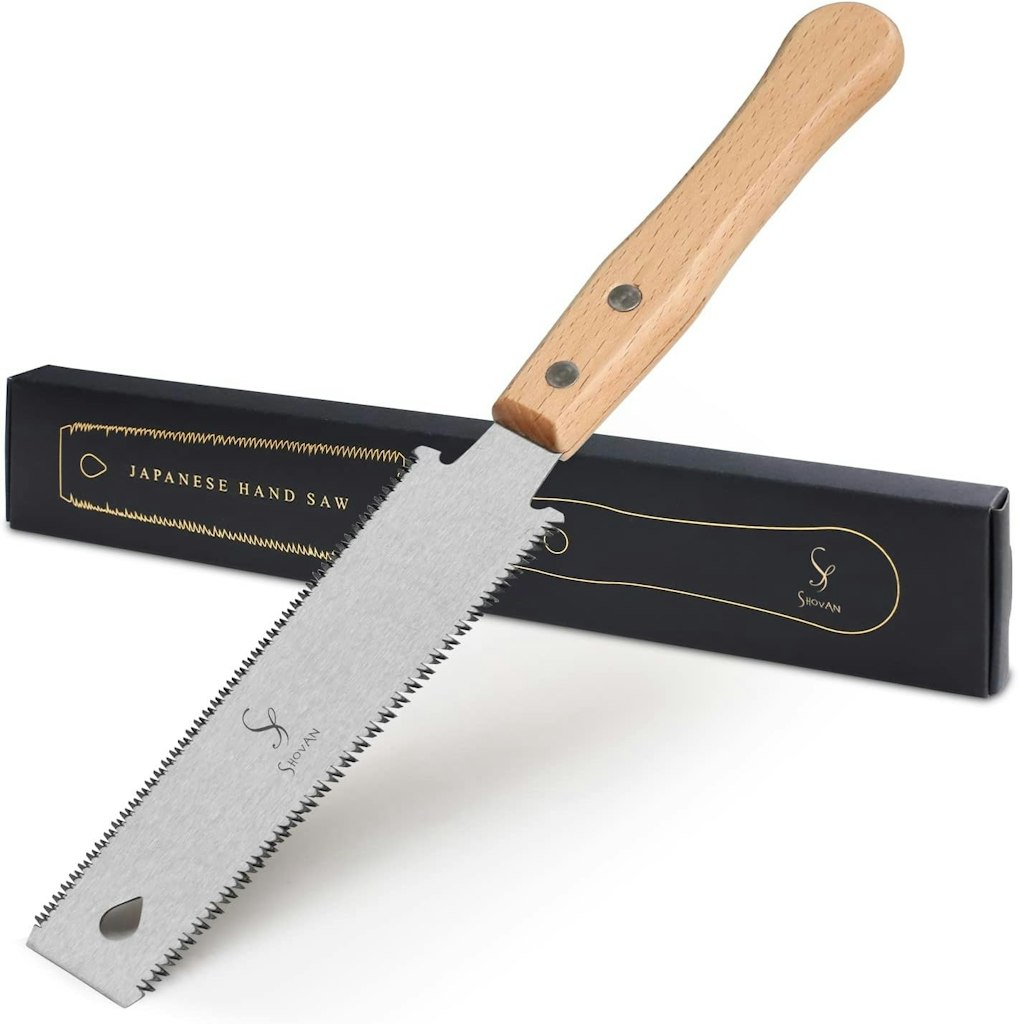
Clip the coupon to get this price. It's the best deal that Amazon has offered for this Japanese hand saw. Buy Now at Amazon
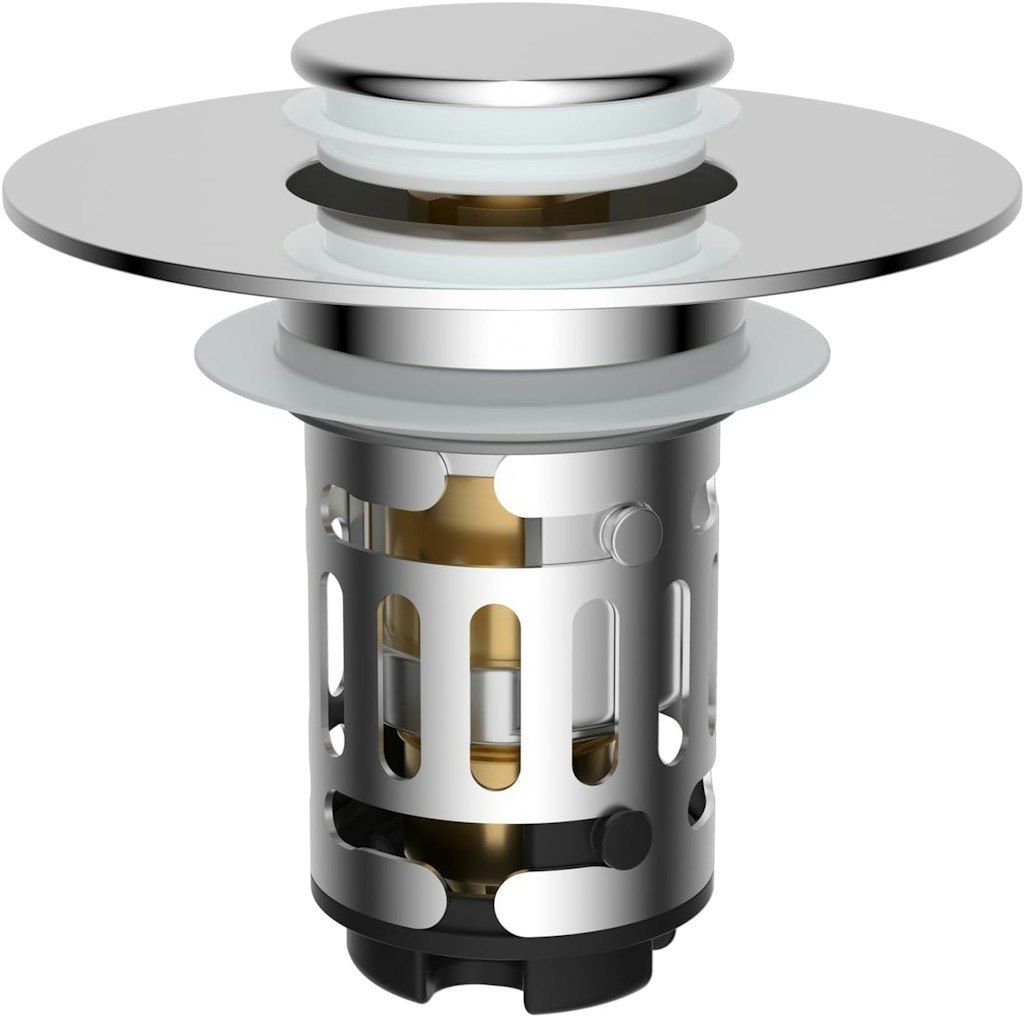
It's the best deal we've seen for this drain strainer. Buy Now at Amazon
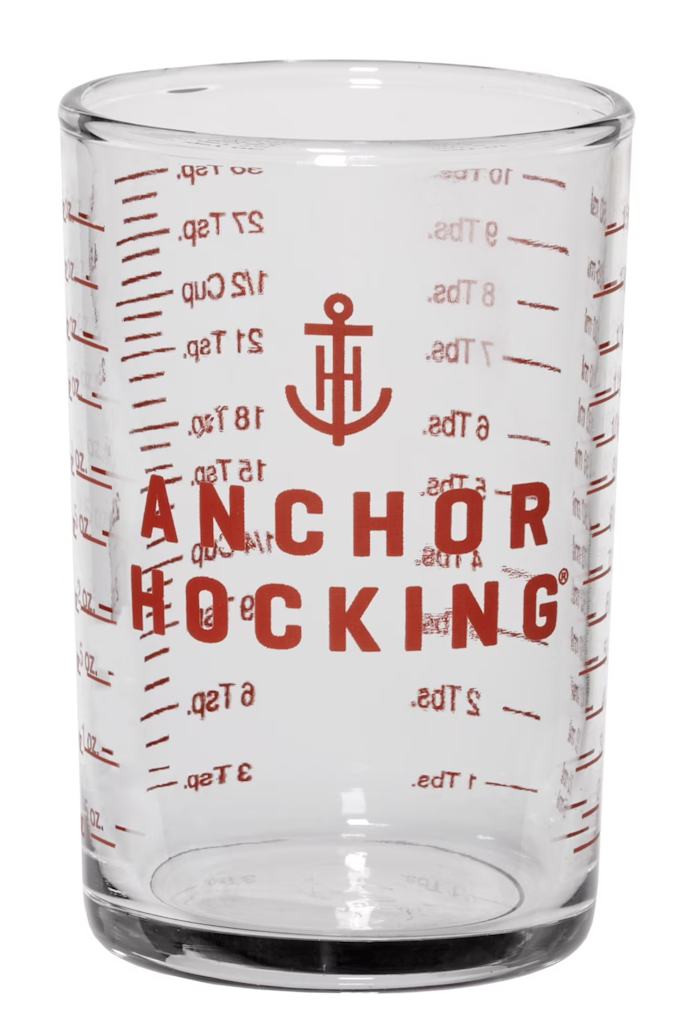
You'd pay 3 to 4 times as much at other stores right now, including Amazon. Buy Now at Walmart
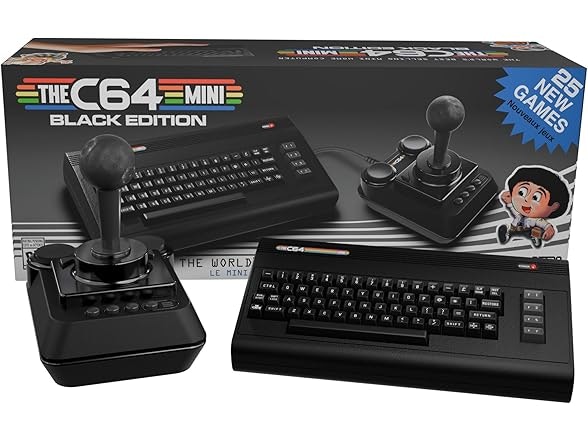
Use promo code "LEVEL20" to get this price. It's the best deal we could find for the C64 Mini Black Edition by $42. Buy Now at Woot! An Amazon Company
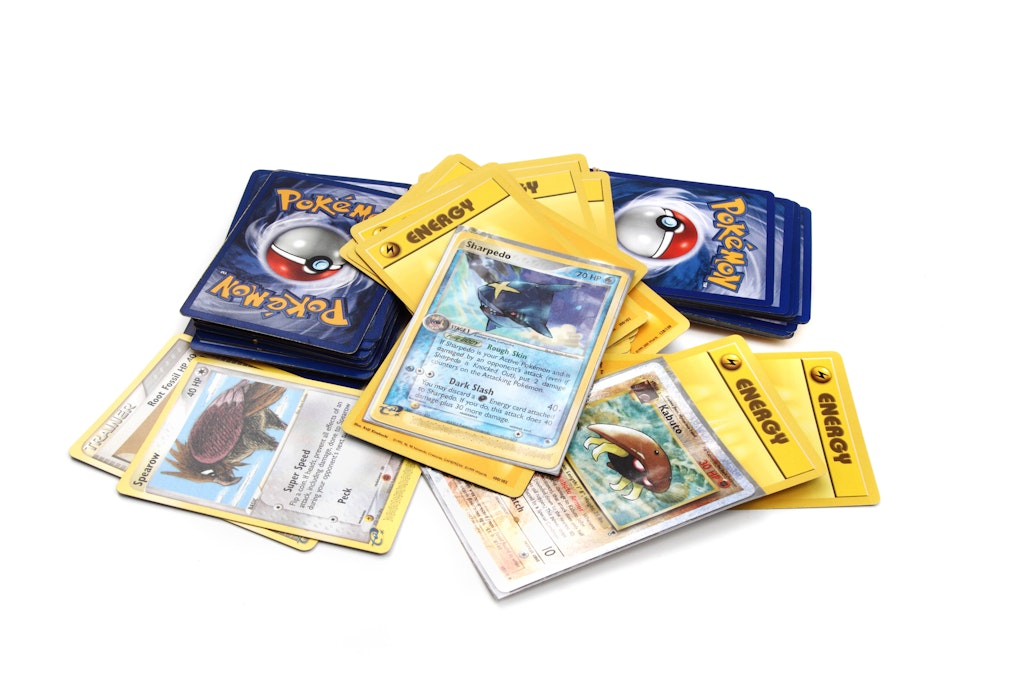
Pokemon Day has returned and Pikachu there's deals to be had on eBay Live. You'll find seller channels streaming live with deals on singles, slabs, and boxed sets of Pokemon cards. Check out which channels are currently live as well as see upcoming streams. Buy Now at eBay
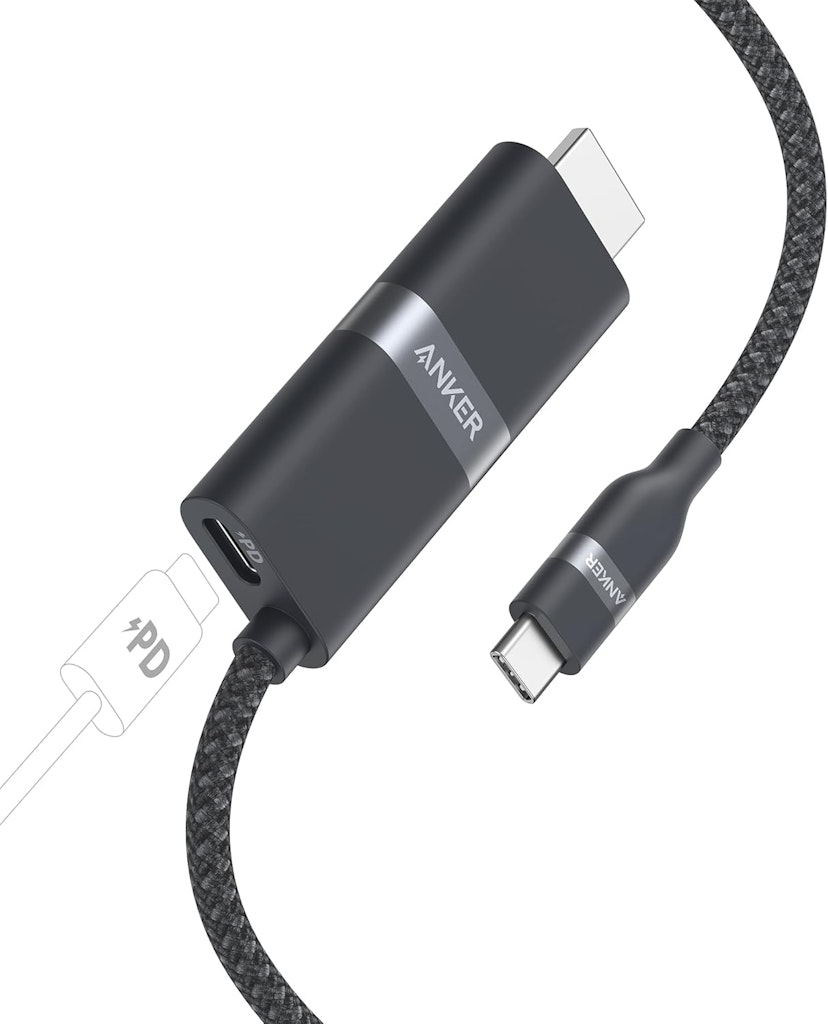
You'd pay $22 elsewhere. Buy Now at Amazon

You can also save 80% off the $50, $100, and $200 gift cards too. They're good to use at over 62,000 restaurants nationwide. Buy Now at Groupon
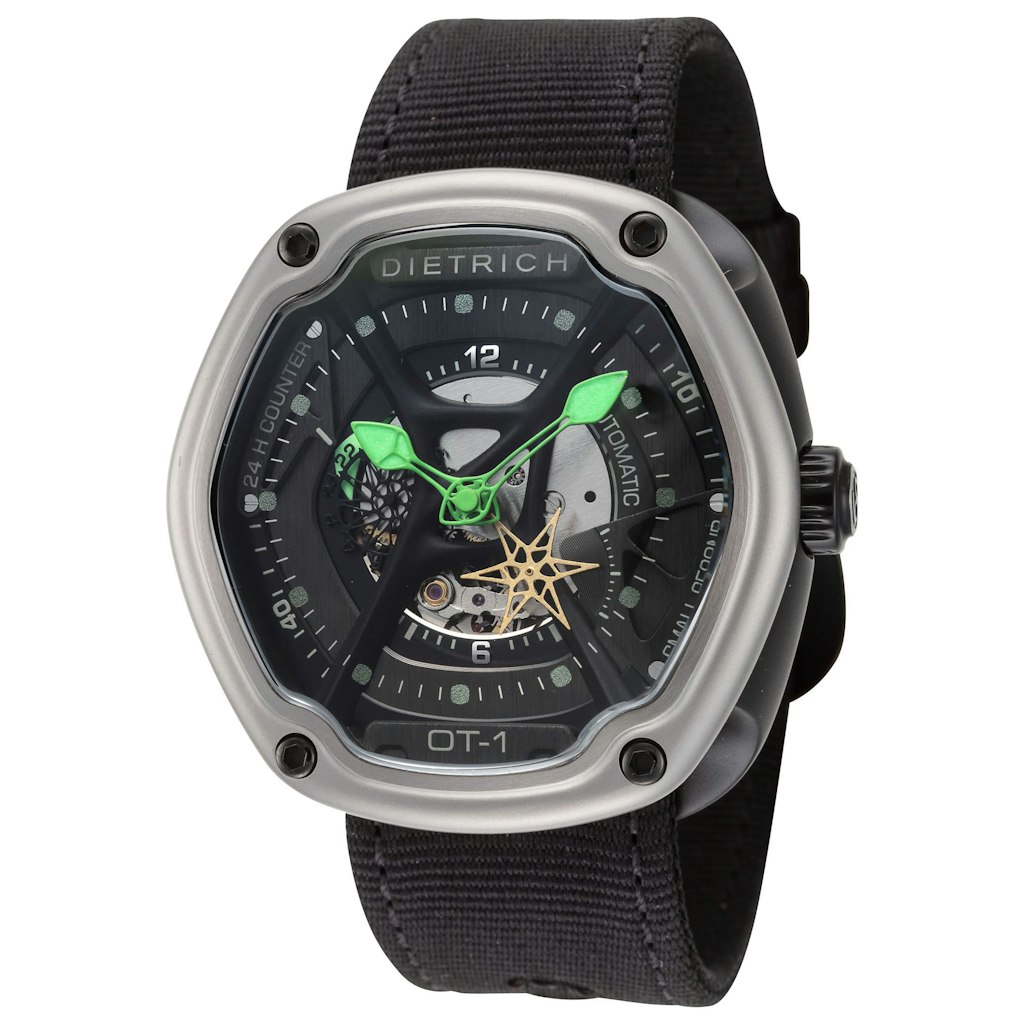
After promo code "DNDIET230", it's the best price we could find by $10. Buy Now at Ashford
- scratch resistant sapphire crystal
- Japanese automatic movement
- skeletonized face
- Model: DIETRICH-OT-1
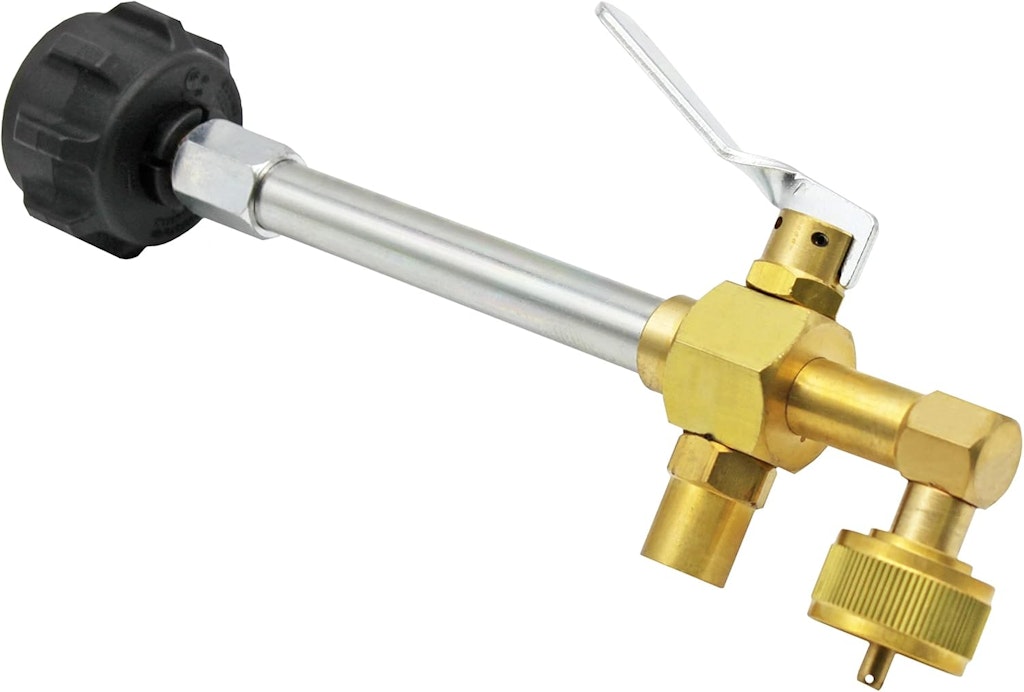
That's a 36% savings and the lowest price we've seen. Buy Now at Amazon

The Samsung Galaxy S26 Ultra was announced yesterday, and you can get a great deal on an unlocked model today at Best Buy. You can preorder the 512GB version for the same price as the 256GB version (so you're getting a free storage upgrade), and then trade in an old device to save as much as $900. You'd pay $1,500 for this unlocked phone at Samsung.
The Samsung Galaxy S26 Ultra will be released on March 11. Buy Now at Best Buy
- 6.9" QHD+ Dynamic AMOLED 2x display
- Snapdragon 8 Elite Gen 5 processor
- 5,000mAh battery
- Quad-lens camera setup centered on a 200 MP primary sensor, additional telephoto and ultrawide lenses, advanced OIS, and enhanced Nightography
- Galaxy AI
- IP68 water and dust resistance
- fingerprint sensor
- Model: S26 Ultra
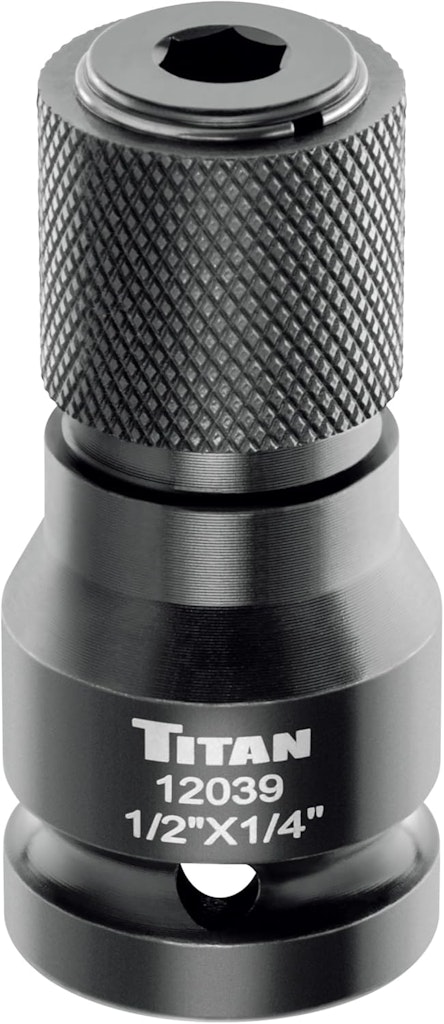
It's the best price we could find by $2. Buy Now at Amazon
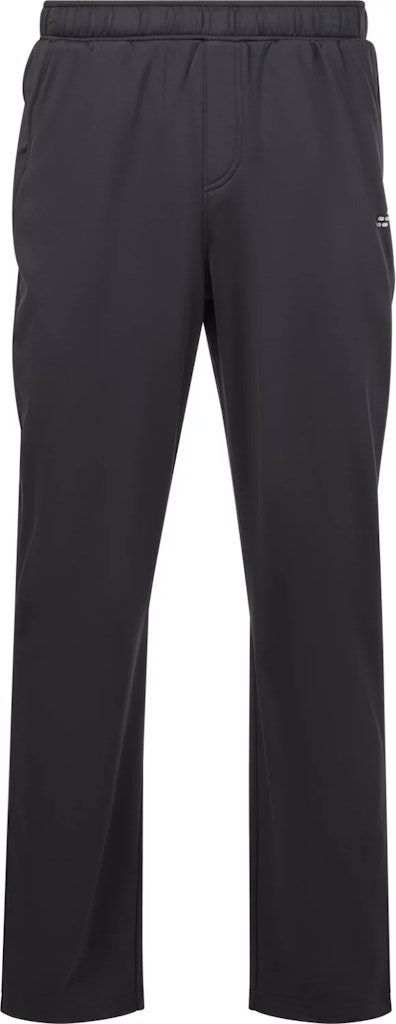
In several colors (Black pictured) at $25 off list price. Buy Now at Academy Sports & Outdoors
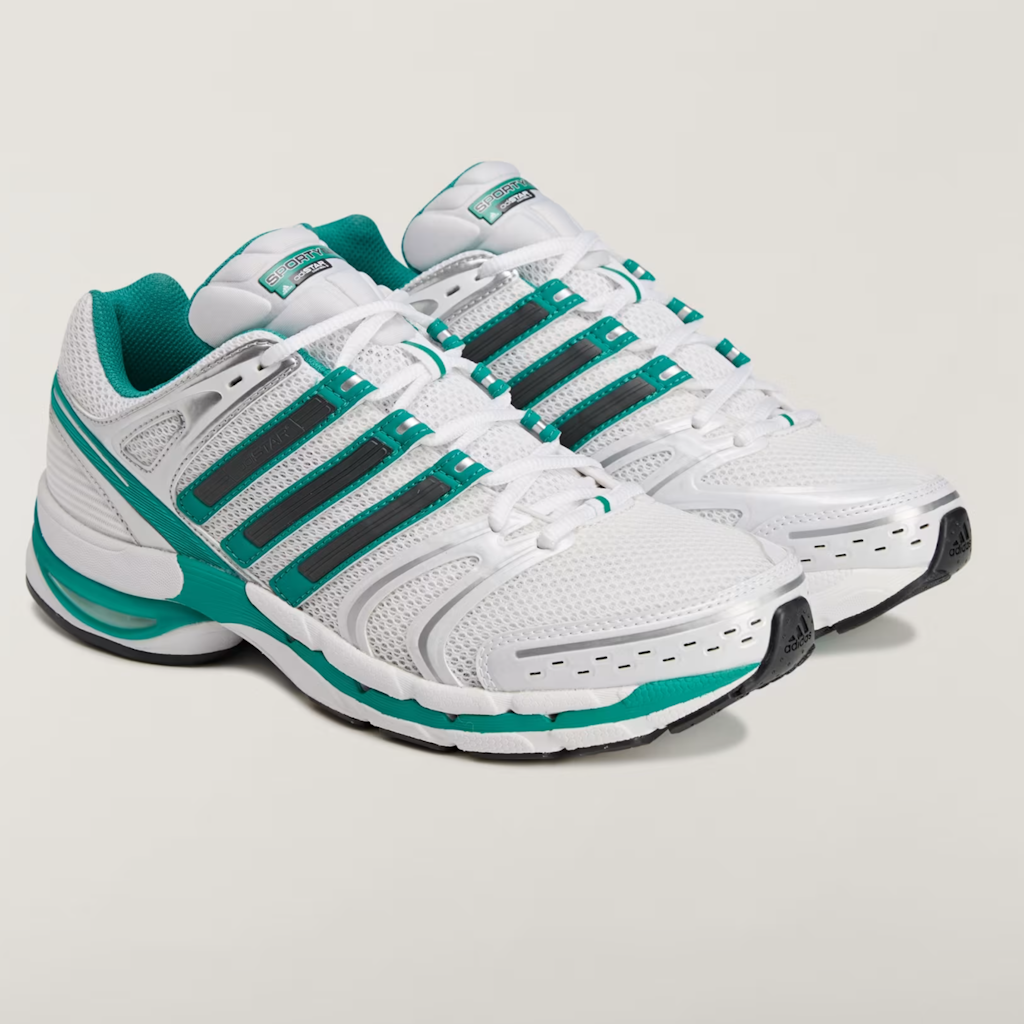
Apply the promo code "DEAL" for a total savings of $87. adidas adiClub members get free shipping. (It's free to join.) This deal ends on March 2. Buy Now at adidas
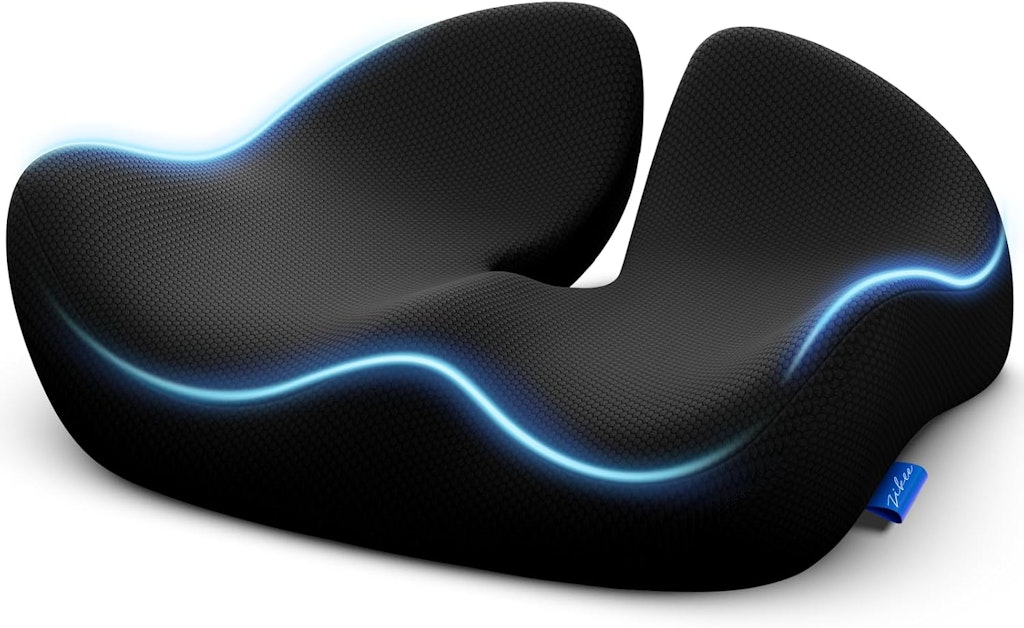
That's a savings of $9. Buy Now at Amazon
- The Seat Cushion with memory foam for sciatica, It can lower back pain relief
- Curved design for comfort
- 'U' cutout for tailbone relief
- W-shaped front for posture
- Non-slip base
- Memory foam with washable cover

Eco-Worthy via eBay offers the Eco-Worthy 48V 100Ah Golf Cart LiFePO4 Battery with Metal Case and 48V 18A Charger for $669.99 (reduced from $949.99) with free shipping. Buy Now at eBay
- 48V 100Ah LiFePO4 battery with A-grade cells and 4,000+ cycle life
- Bluetooth connectivity and touch screen monitoring
- Integrated BMS with multi-layer temperature and circuit protection
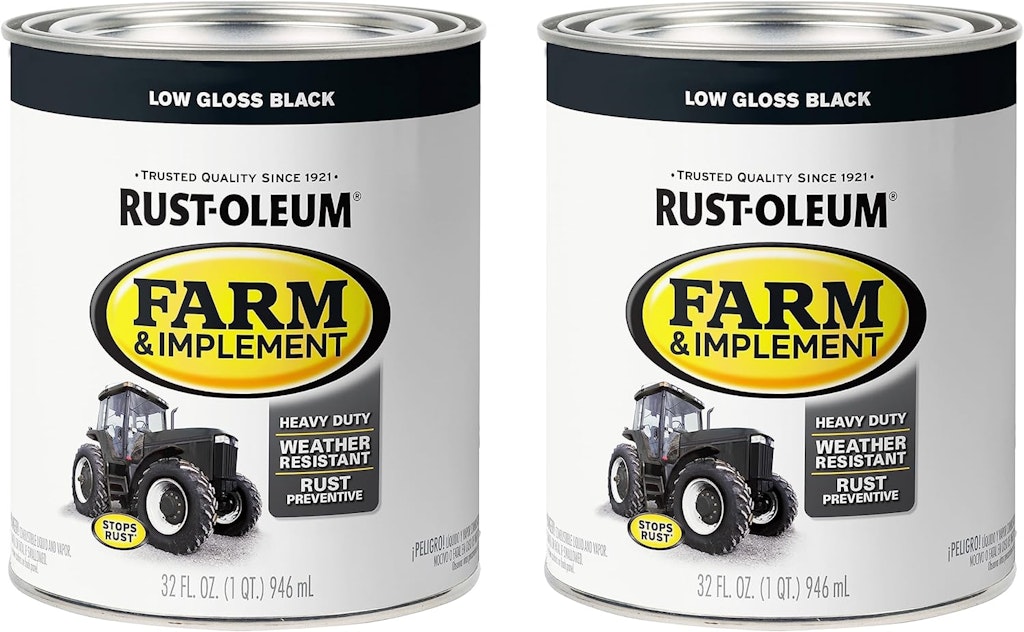
It's the best deal we could find for this 2-pack by $4. Buy Now at Amazon
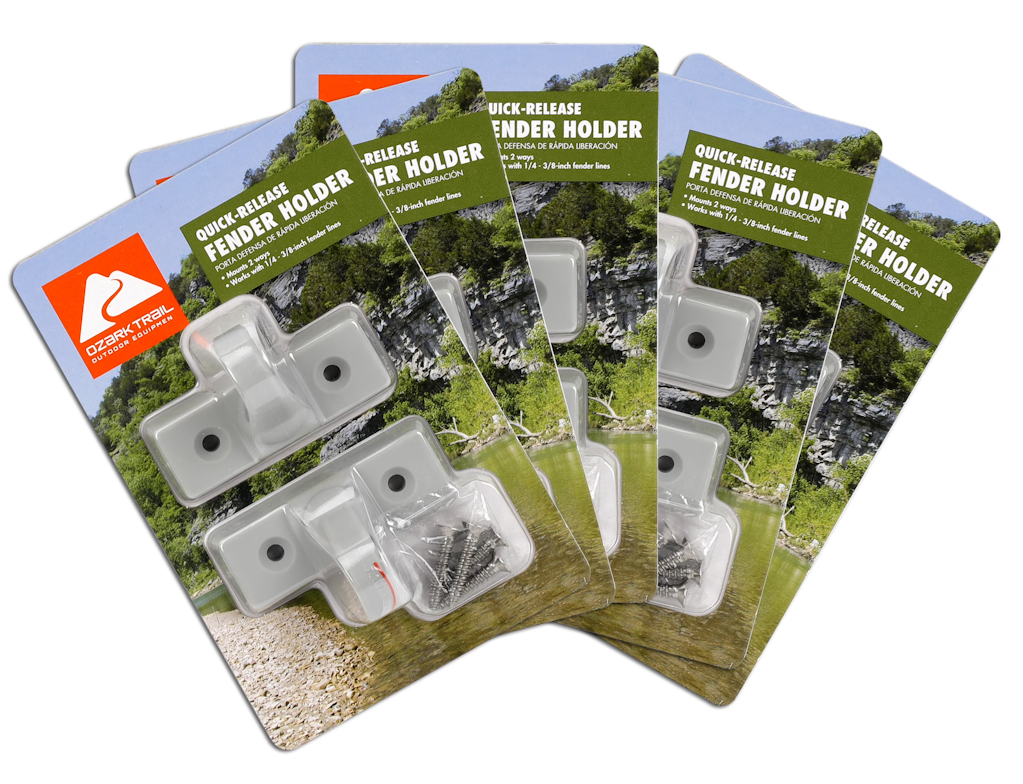
That's a 70% discount and a great deal on a 10-pack. Buy Now at Walmart
- mounts two different ways
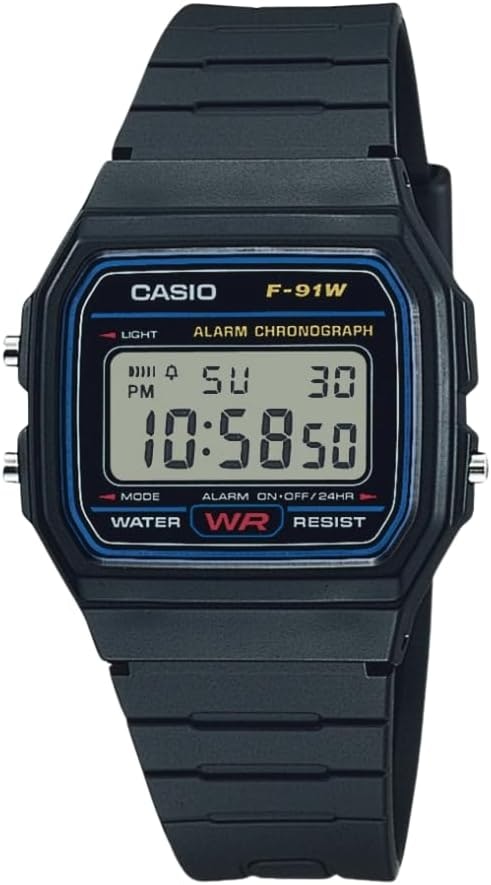
It's the lowest price we found by $2. Buy Now at Amazon
Use promo code "LEVEL20" to drop it to the best price we've seen. It's also $13 less than what Amazon is currently charging. Buy Now at Woot! An Amazon Company
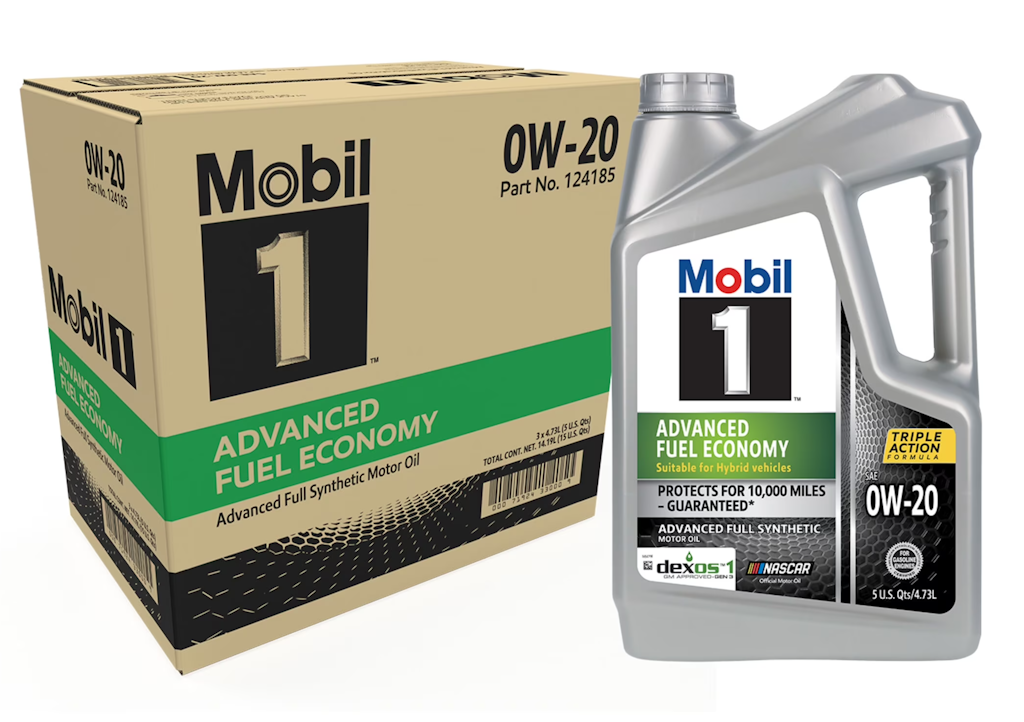
It's the best deal we could find for this quantity by $36. Buy Now at Walmart
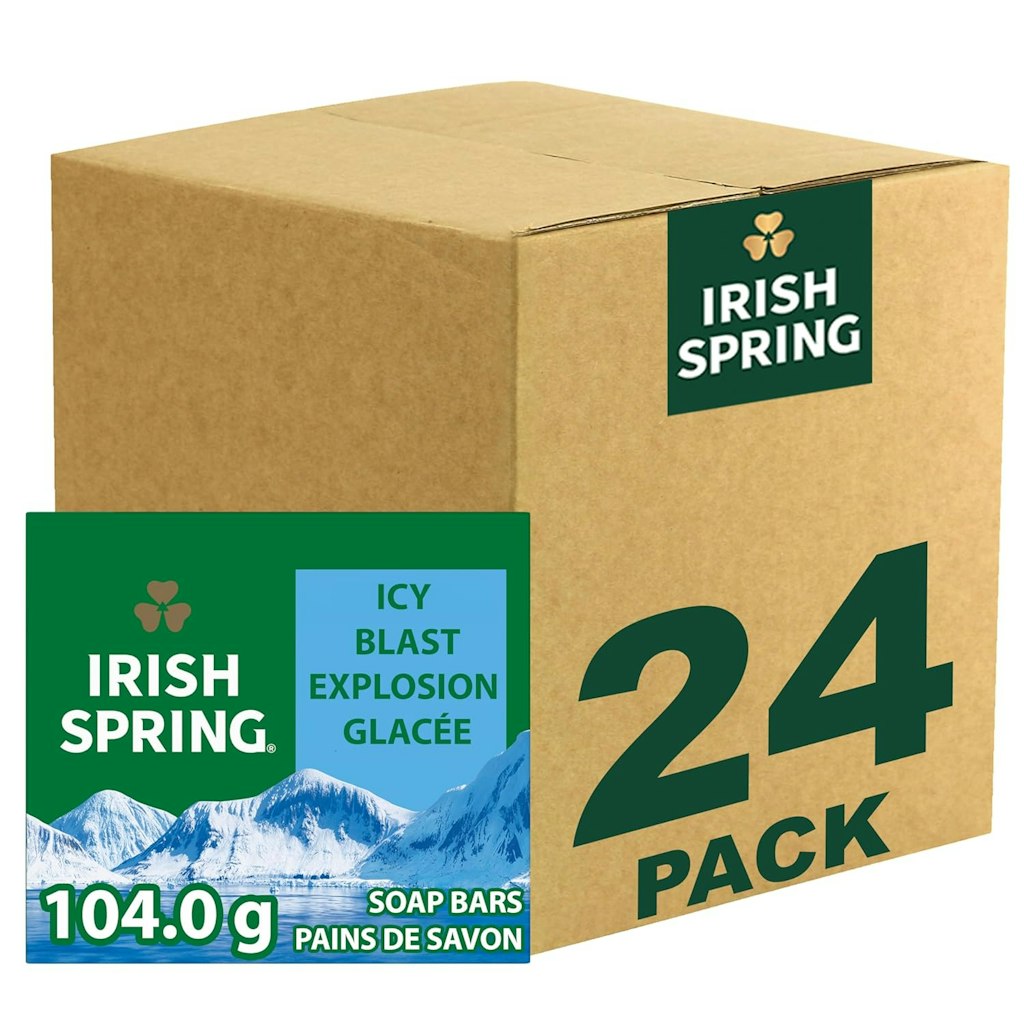
Subscribe for around $4 less than you'd pay for this quantity at Target. Buy Now at Amazon
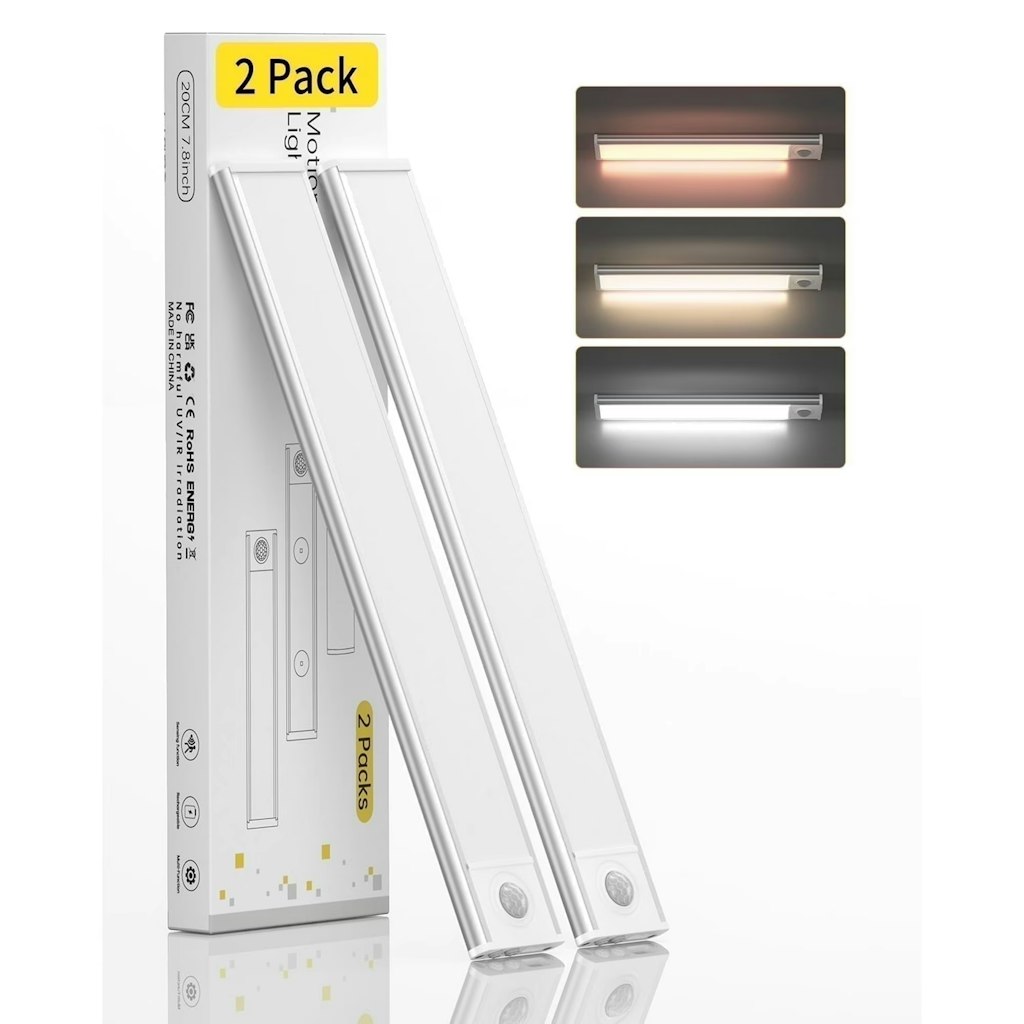
That's a savings of $18. Buy Now at Walmart
- Adjustable Illumination
- Intelligent Sensing
- Rechargeable Design
- Effortless Installation
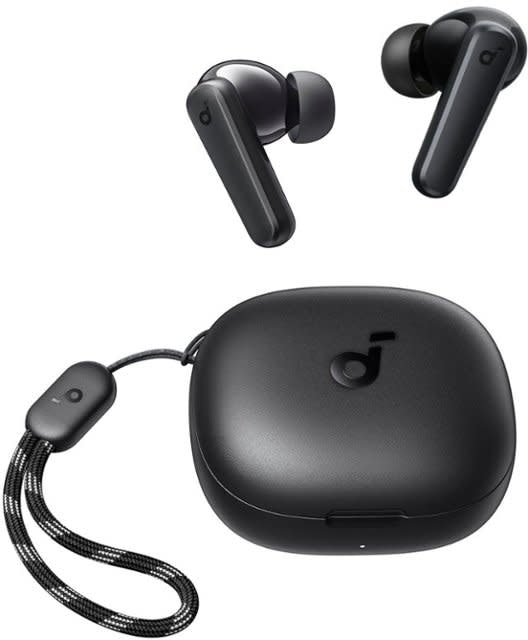
That's 50% off and the best price we could find by $4. Buy Now at Amazon
- 22 preset EQs
- 10 hours playtime
- Model: A3949Z11
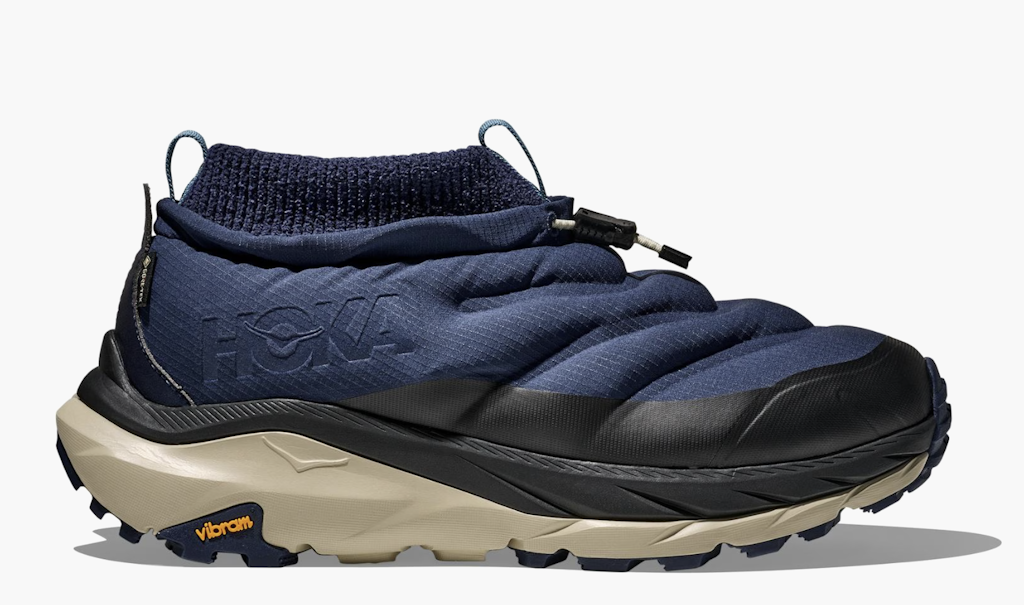
You'd pay closer to $200 at most stores. REI Co-op members get free shipping on all orders; non-members get free shipping with orders of $60 or more. (It's $30 for a lifetime membership.) Buy Now at REI

Eco-Worthy via eBay offers the Eco-Worthy 48V 314Ah LiFePO4 Vertical Standing Backup Battery 2-Pack for $3,449.99 (reduced from $3,899.99) with free shipping. Buy Now at eBay
- 16.07kWh capacity per battery with support for parallel expansion
- large display with communication interface for real-time system monitoring
- 200A BMS and 250A circuit breaker for multi-layer electrical protection
- detachable terminals and built-in wheels for easier installation and mobility
How Much Can I Save on the Hottest Deals?
The average savings can vary wildly day by day, but we regularly see discounts of anywhere from 15% to 96% off. The biggest discounts usually pop up for holidays, such as these Early Prime Day Deals. Thanks to coupon codes giving extra discounts, we'll regularly see shoes and apparel from the biggest brands like Nike, adidas, and New Balance at over 50% off. If you're looking for tools or home improvement, we see deals from stores like Home Depot and Lowe's that take up to 70% off. Plus, if something's at its best-ever price, or close to it, or is just something we think is extra neat, you'll probably find it on our Staff Picks page.
How Often Are the Hottest Deals Updated?
Around the clock! An international team of highly-trained deal jockeys is constantly scouring Amazon, Walmart, Best Buy, Target, and any other store you care to name, seeking out the latest and greatest deals for you to peruse. From daily deals and doorbusters to niche finds and off-the-wall offers, our pages are always being updated with something new and interesting and discounted.